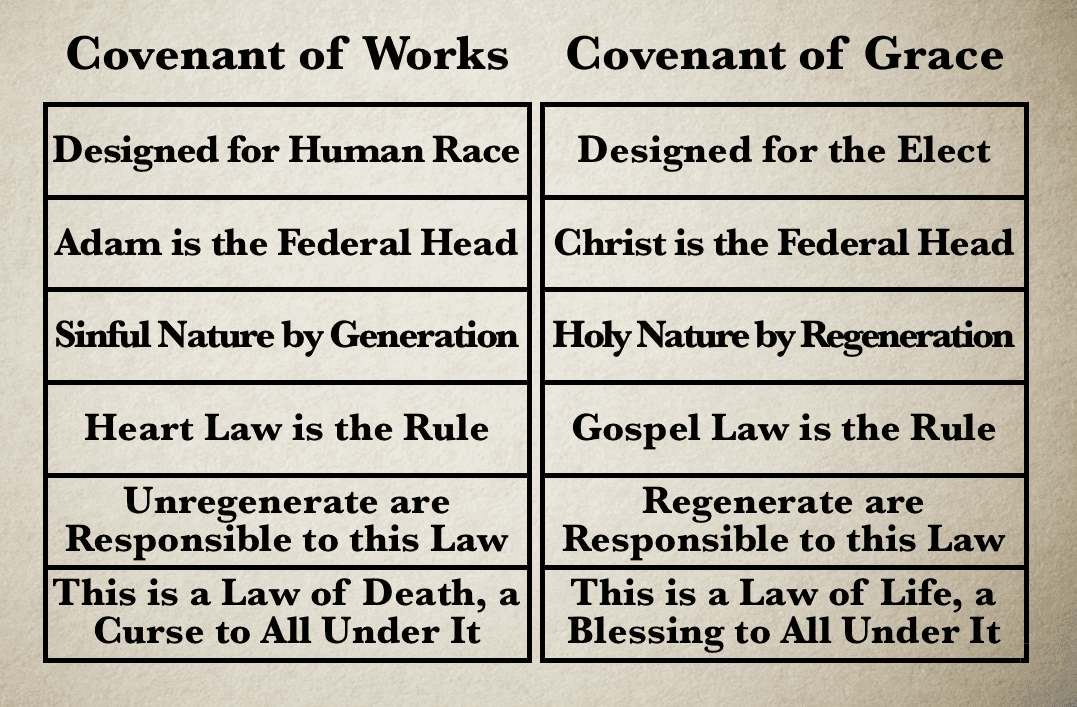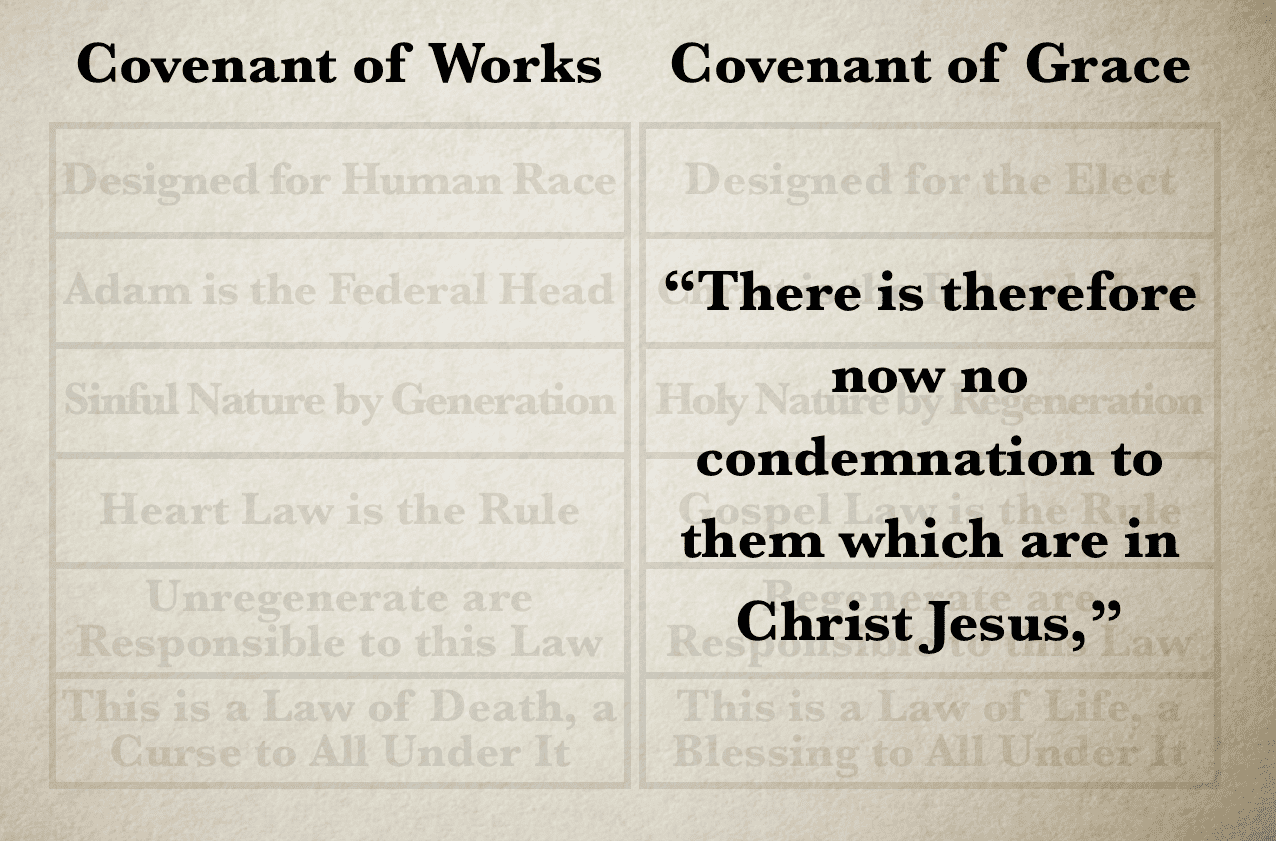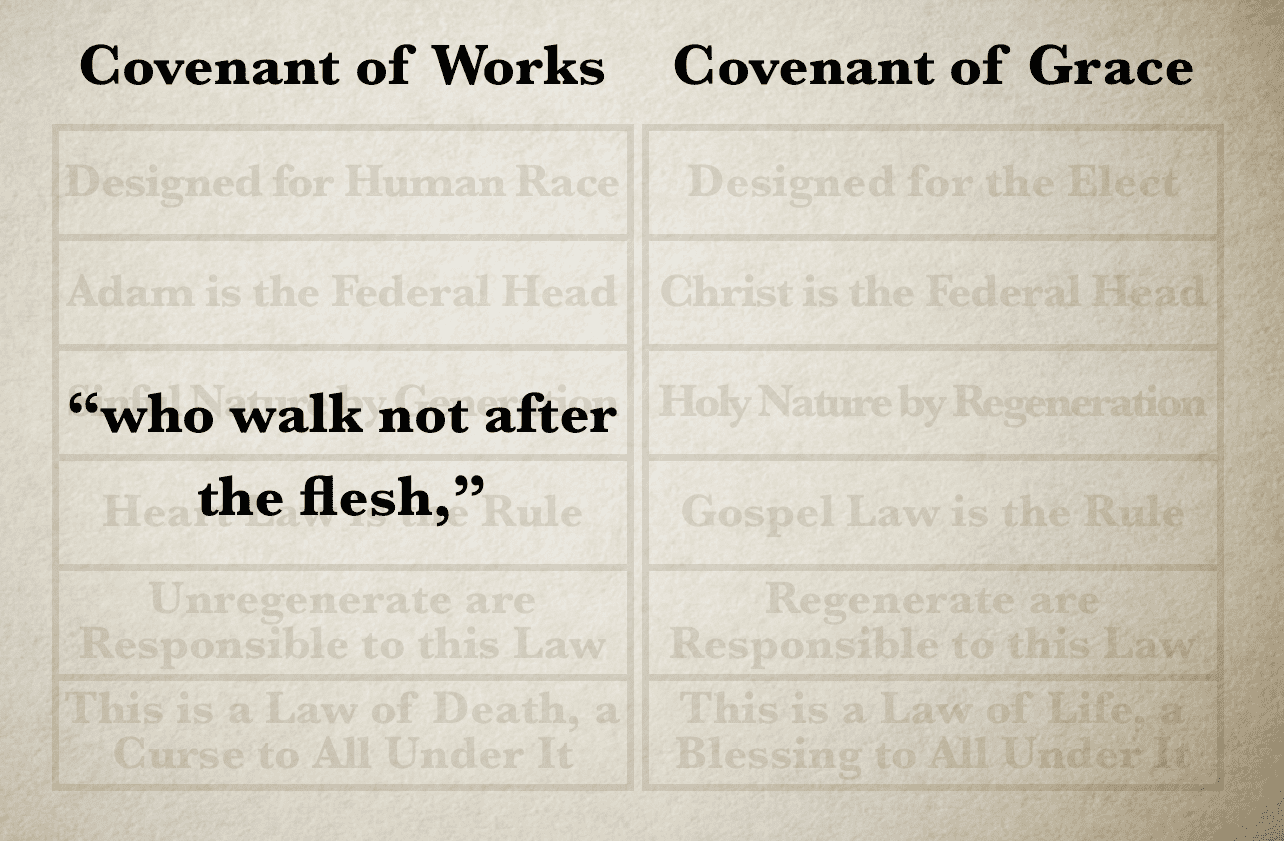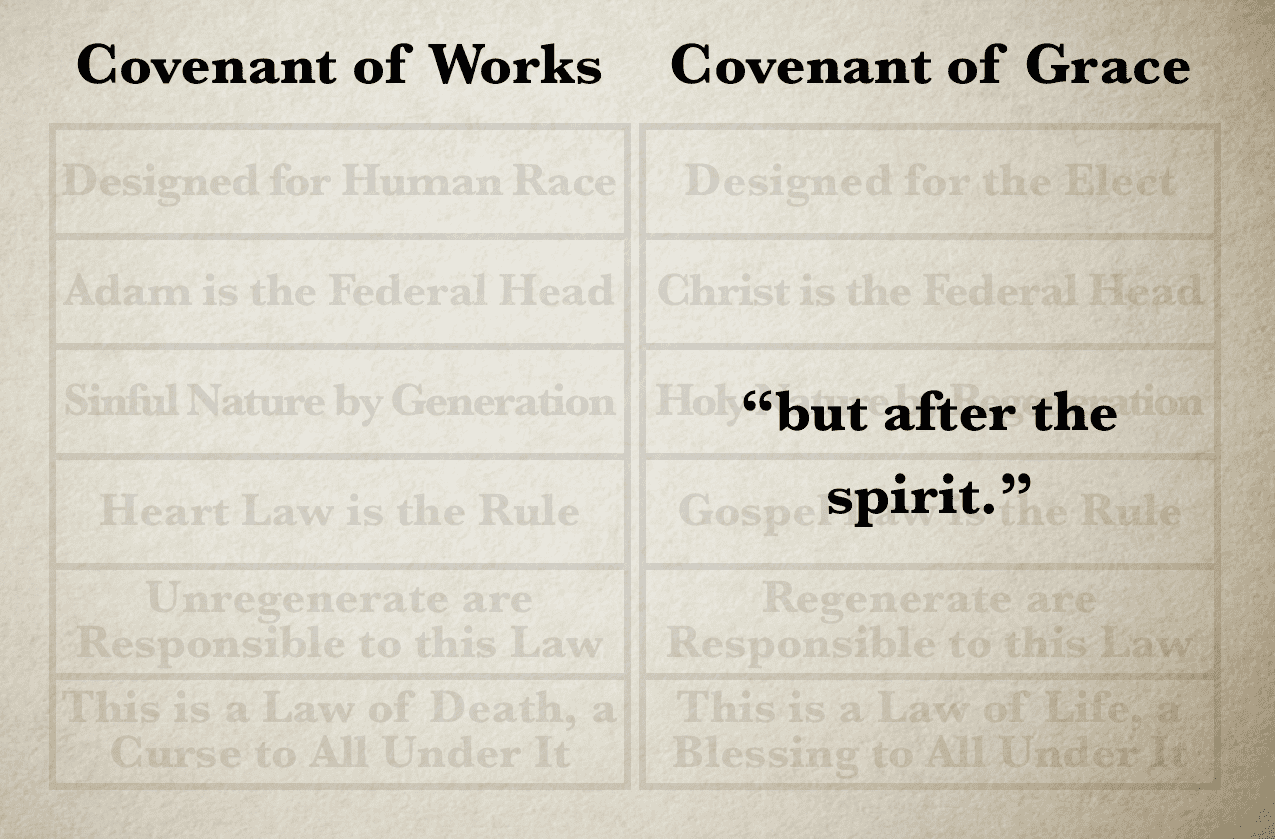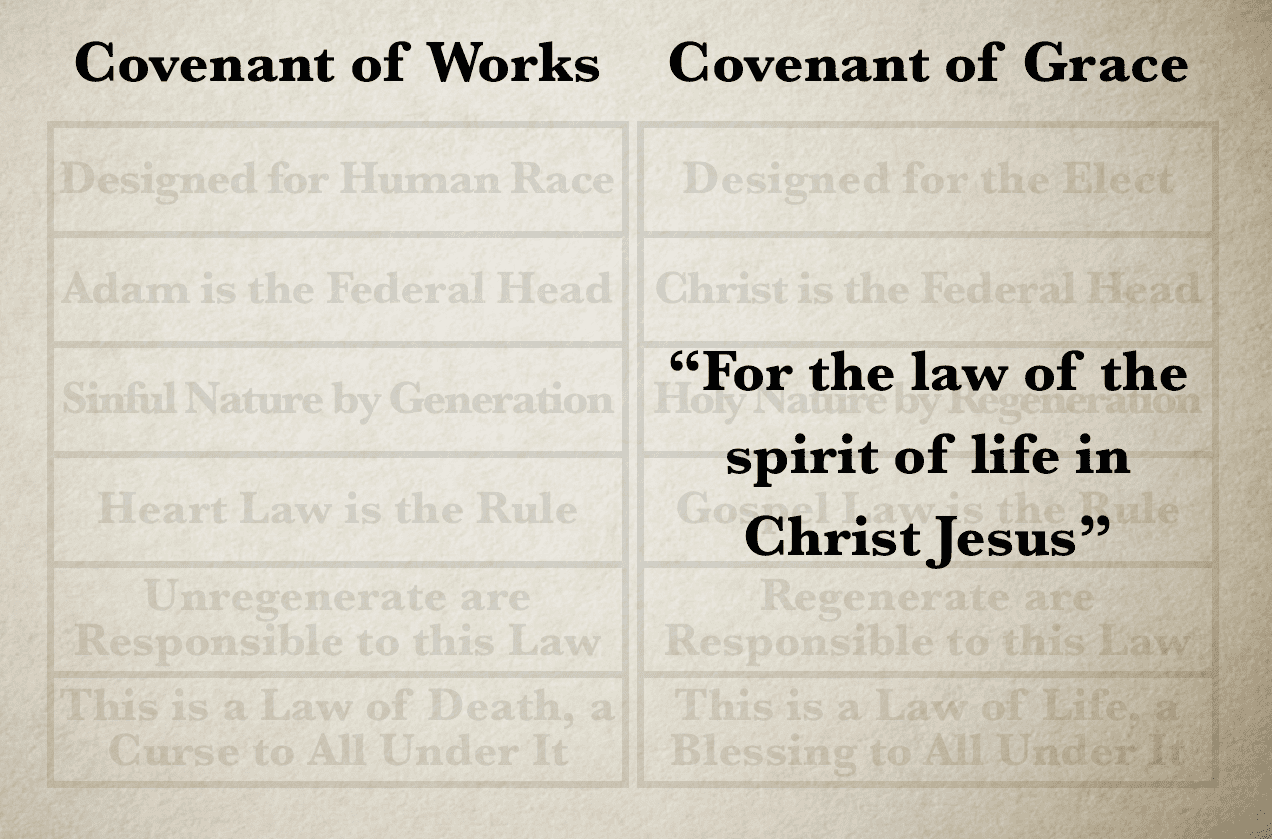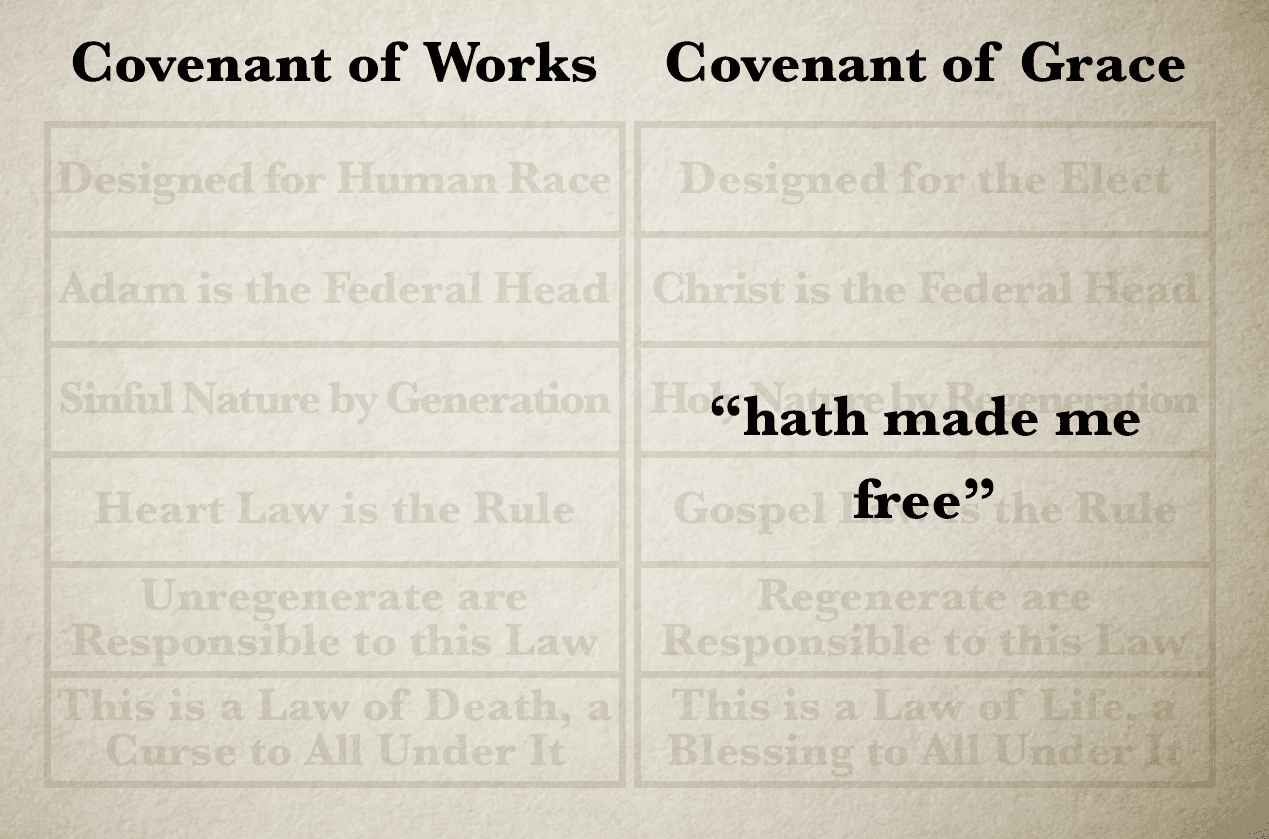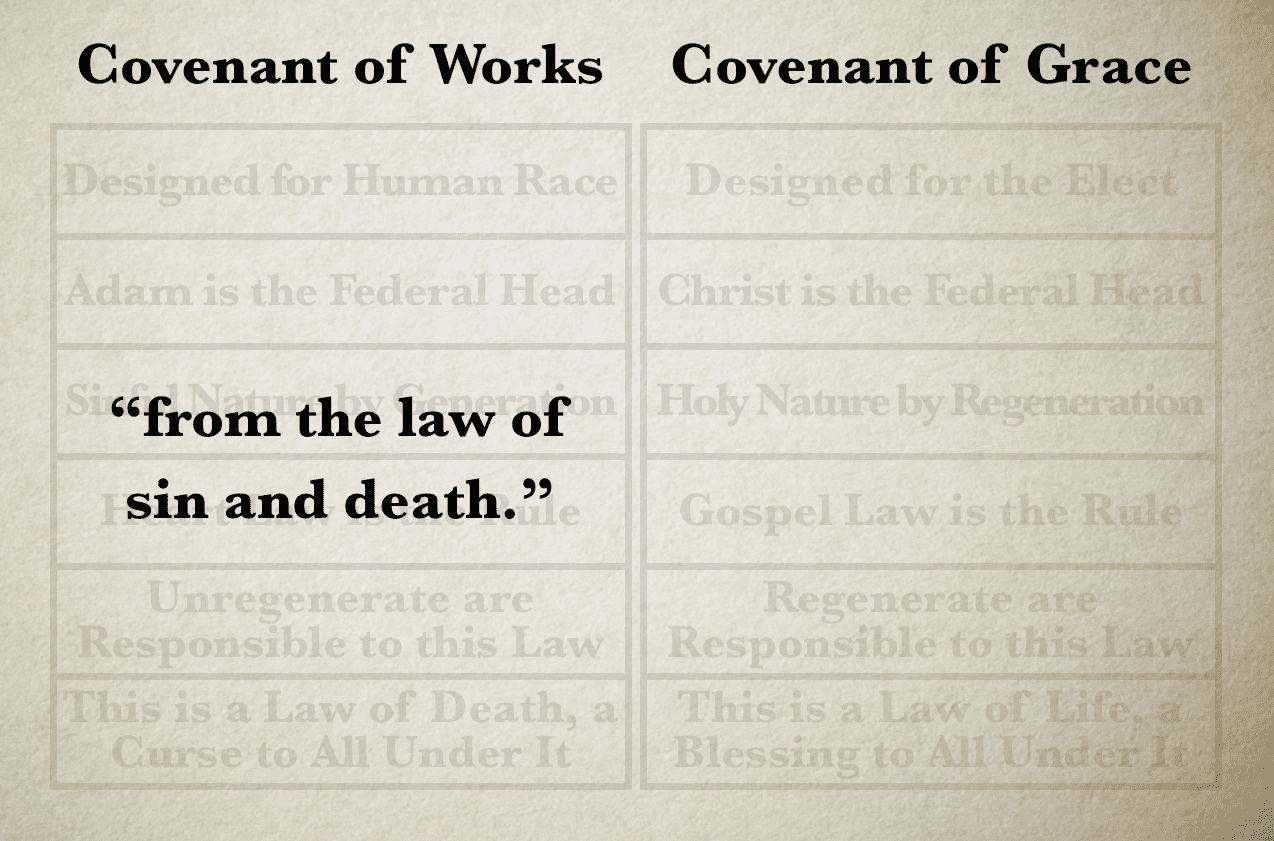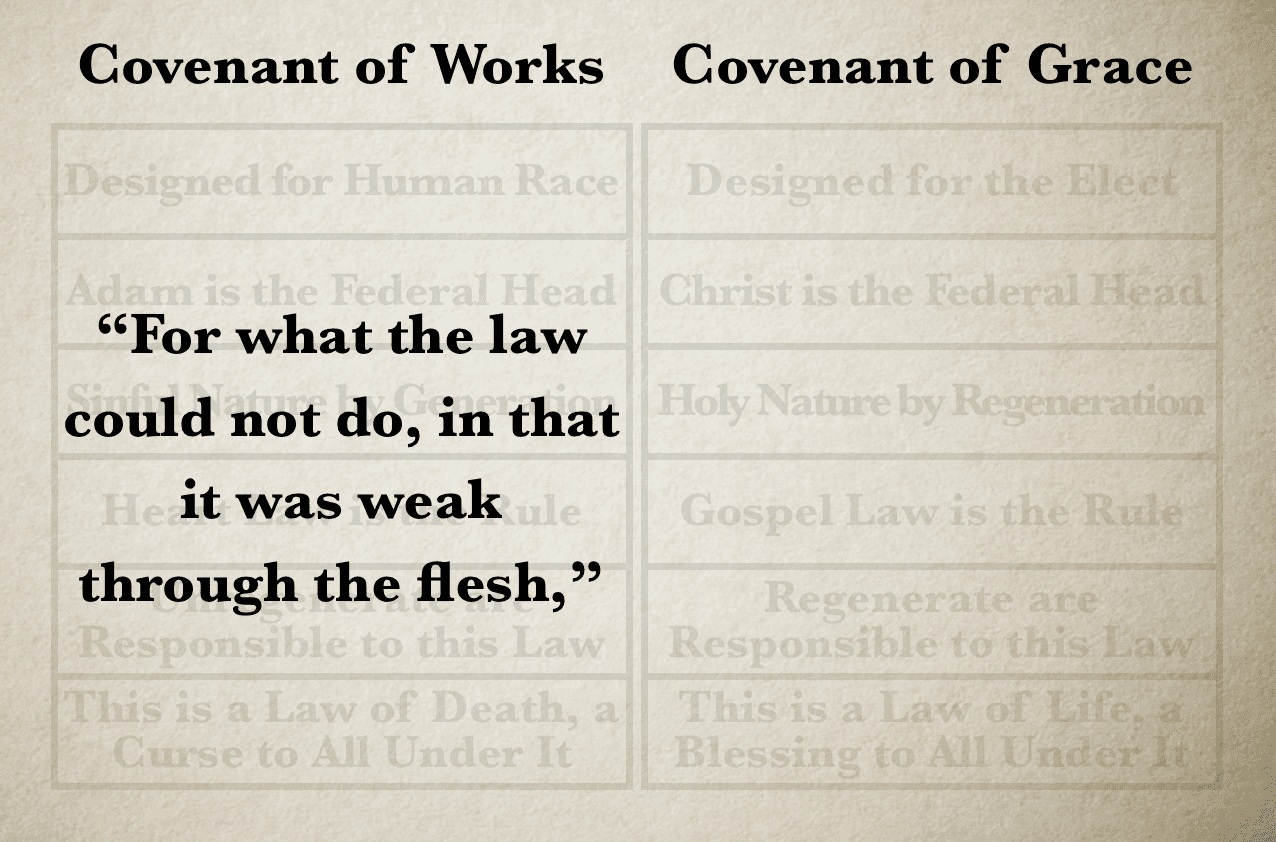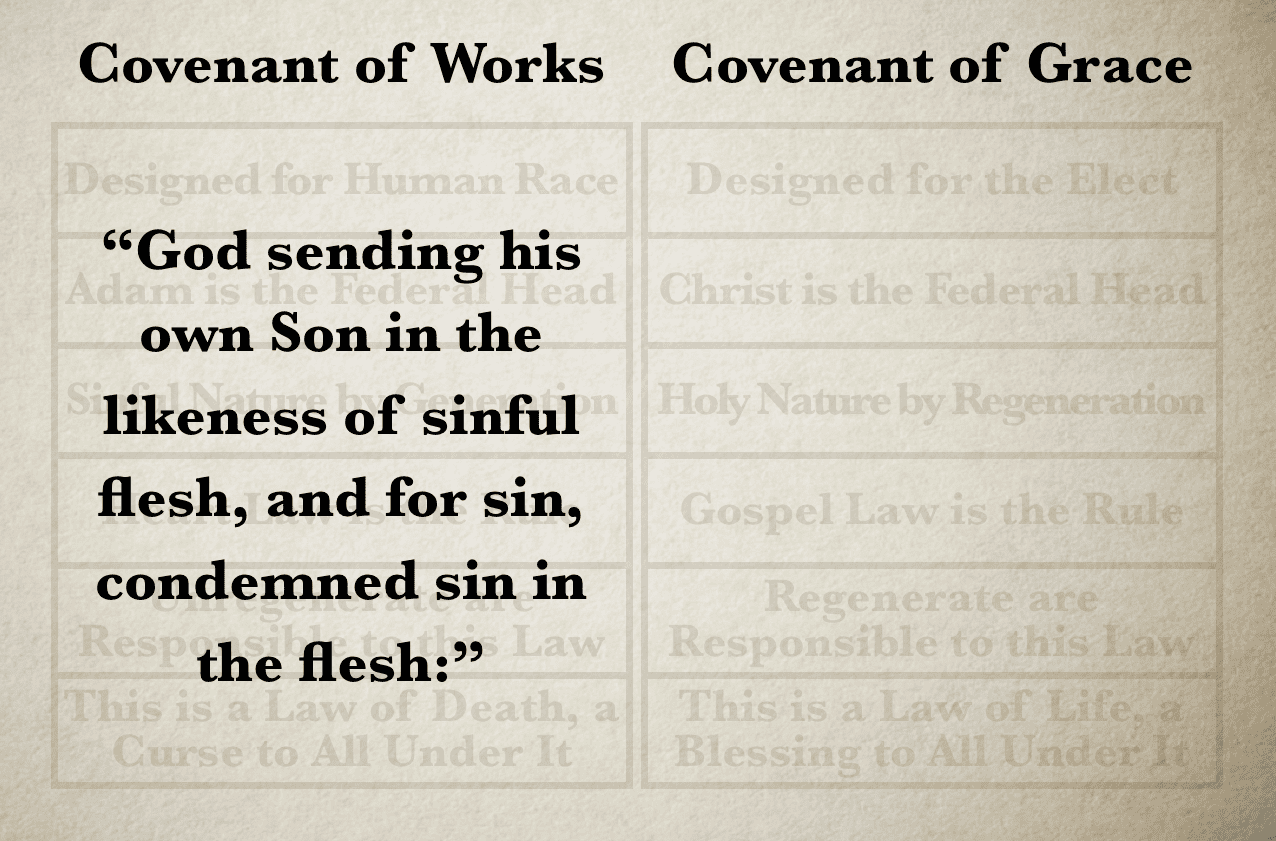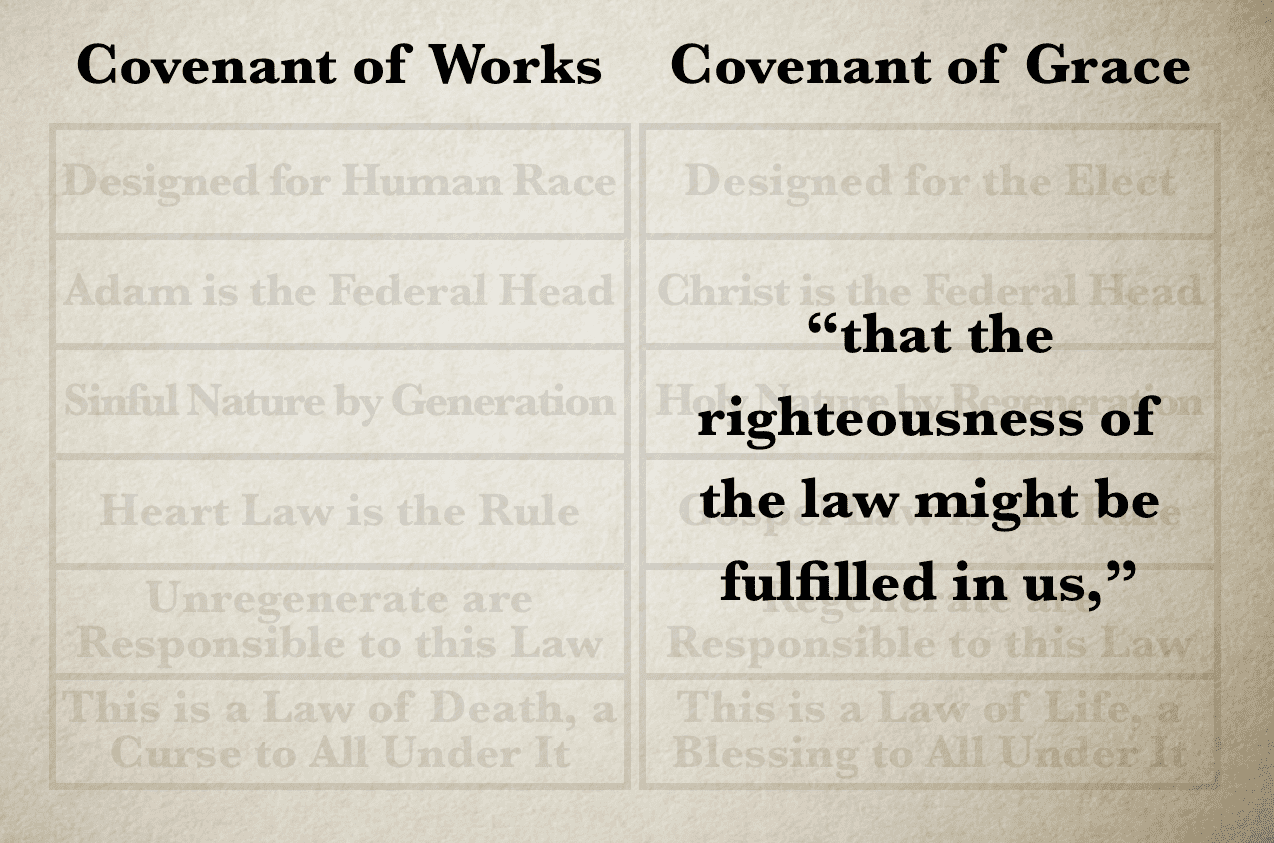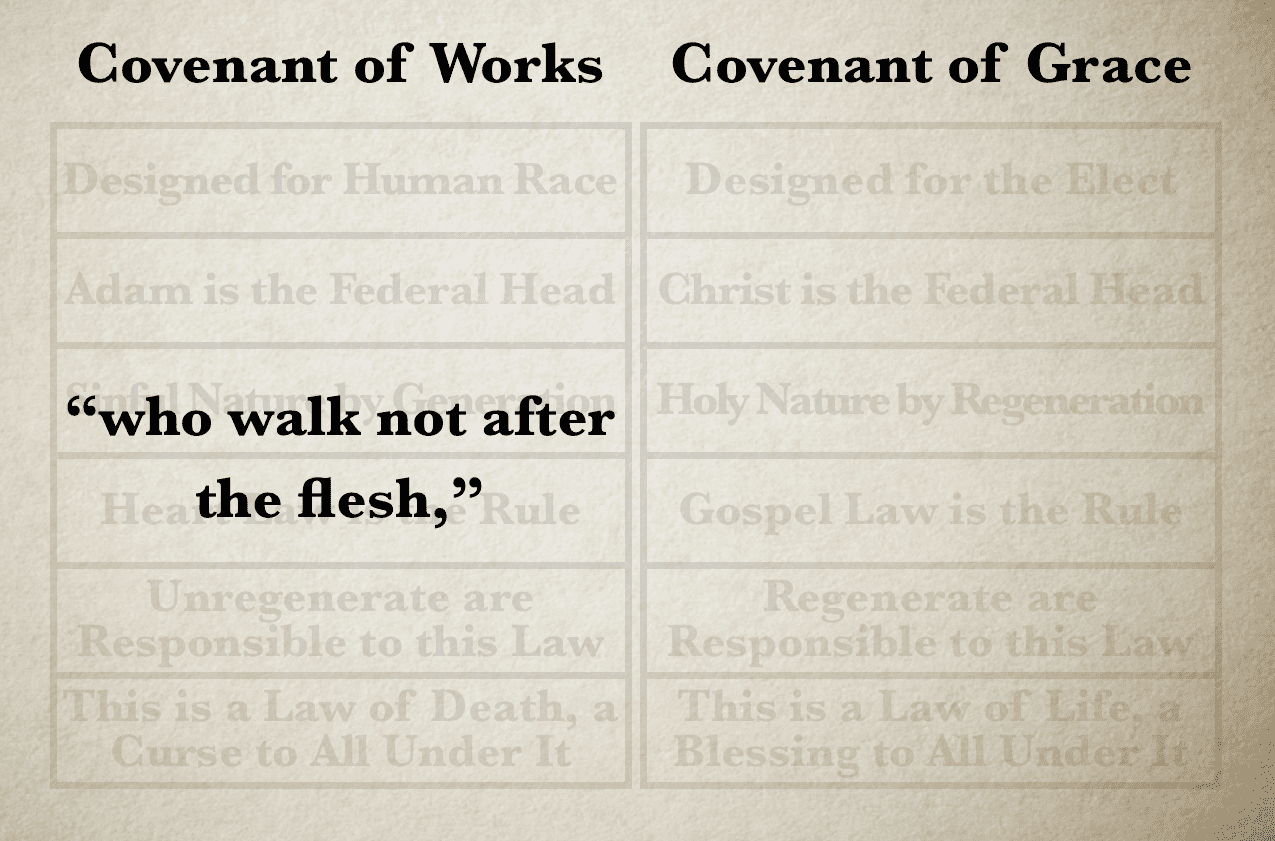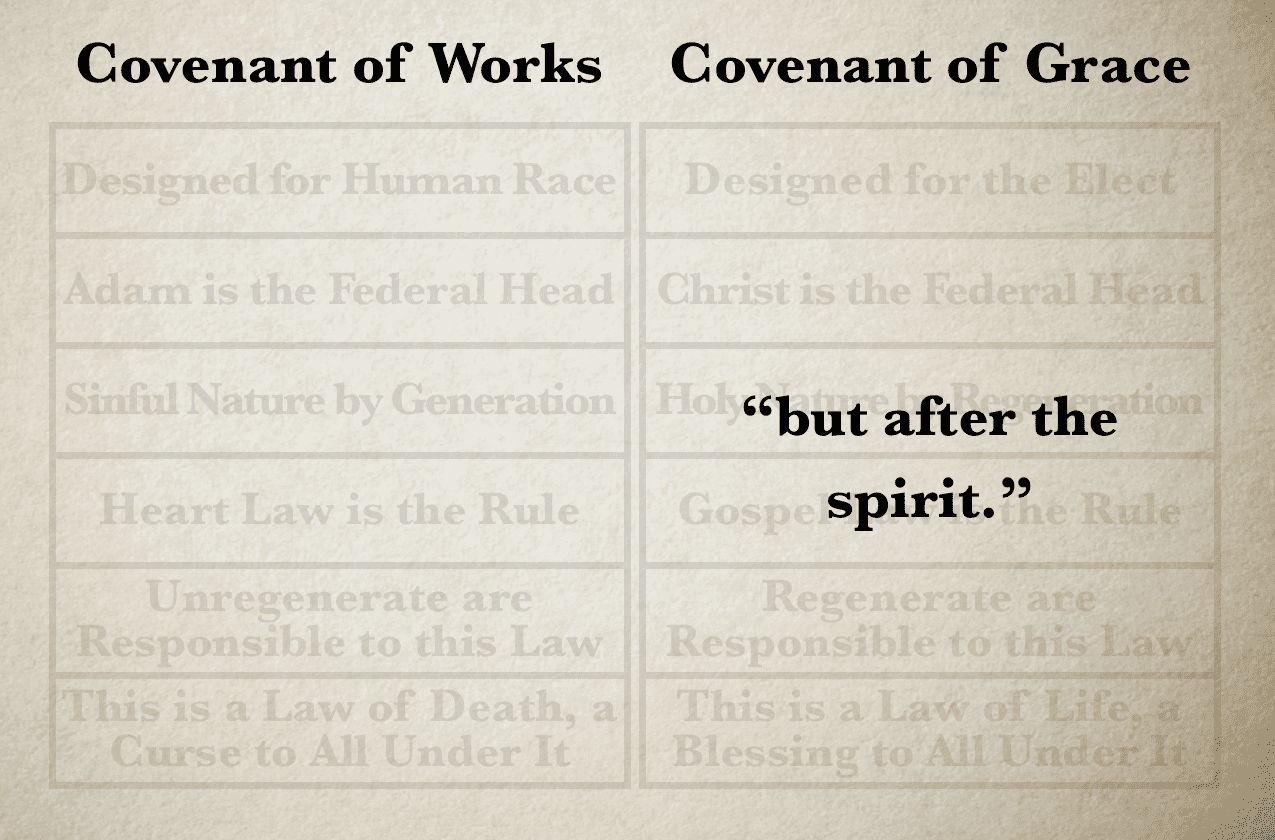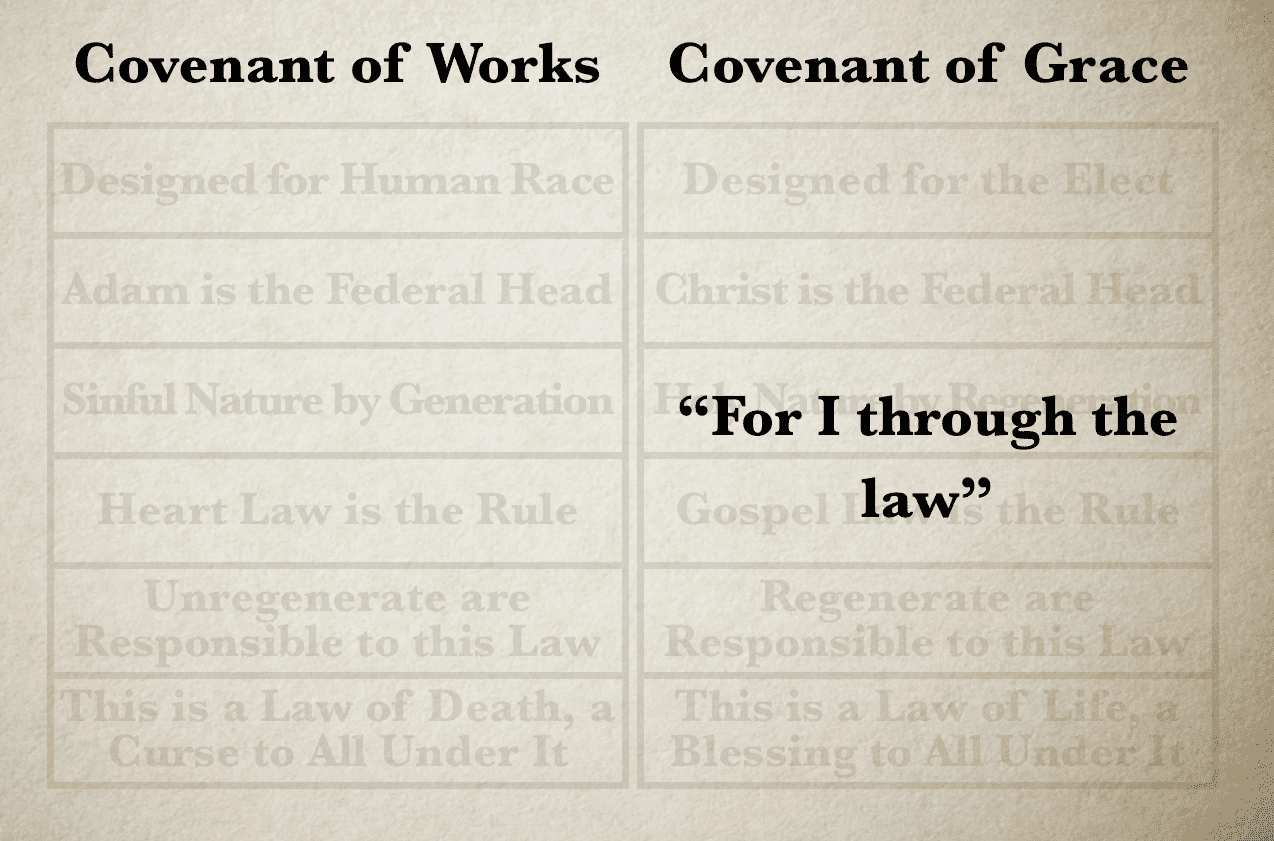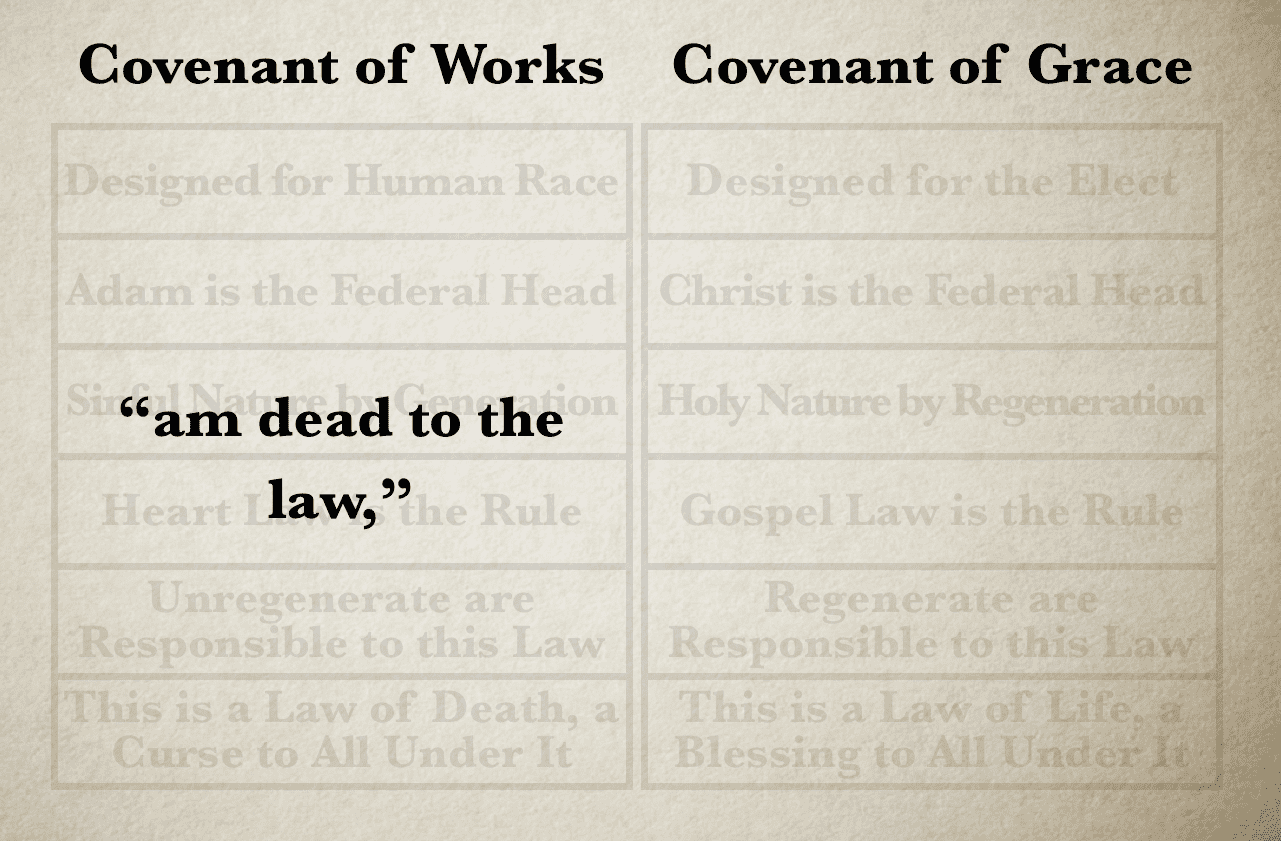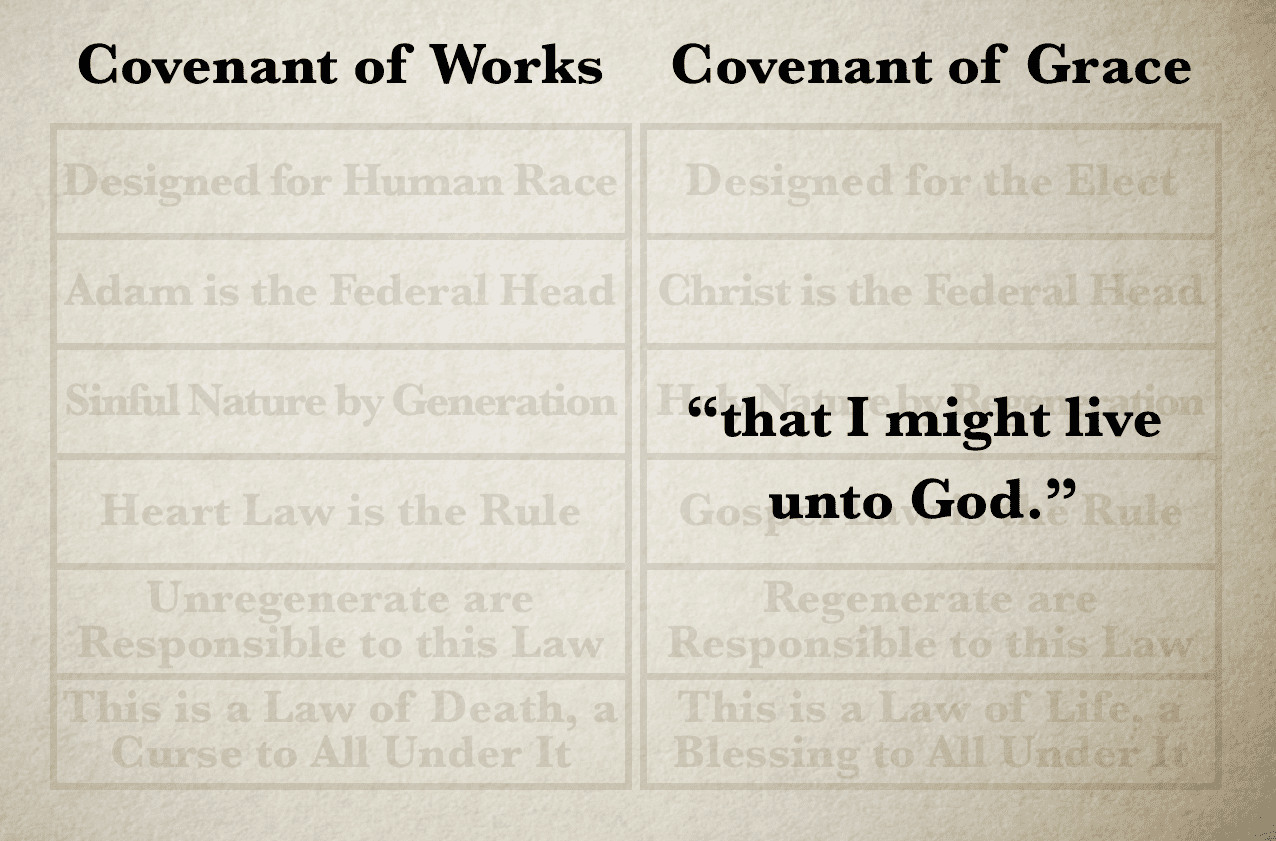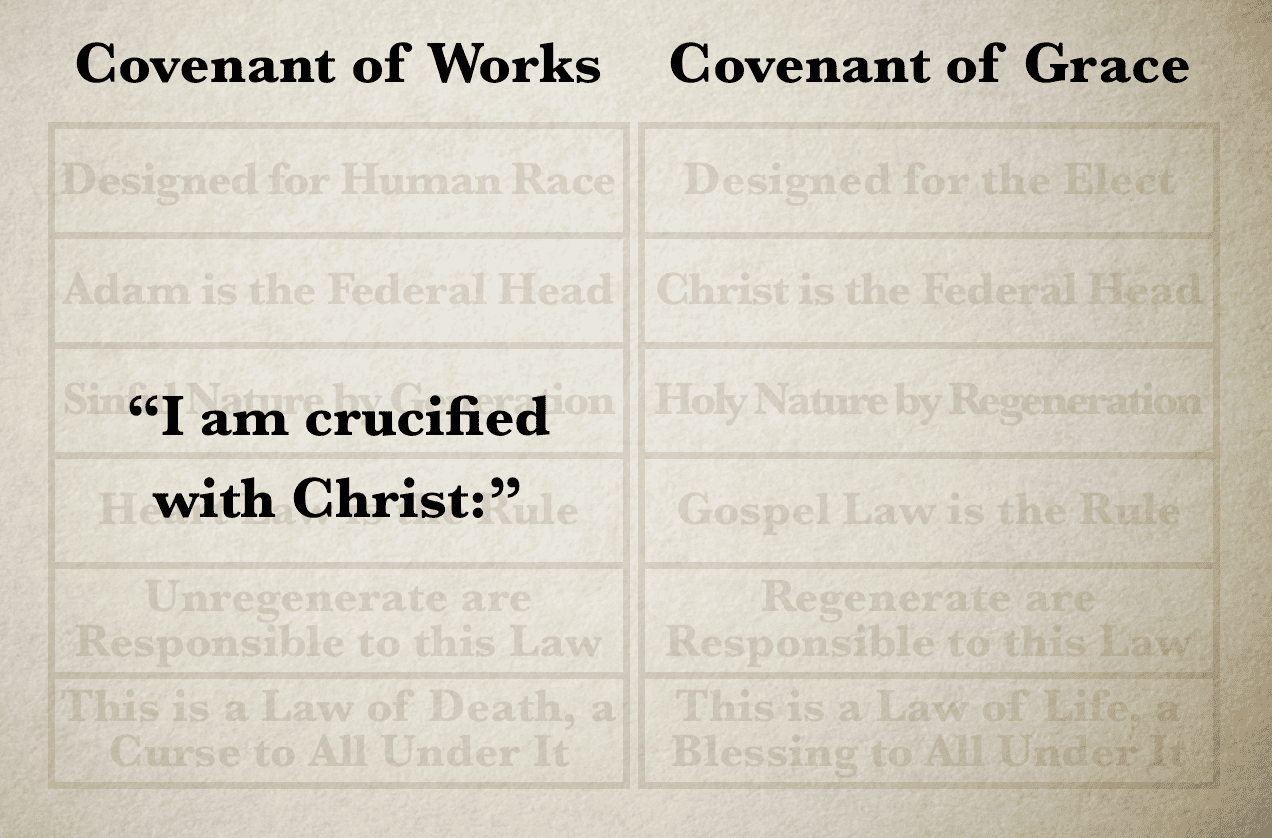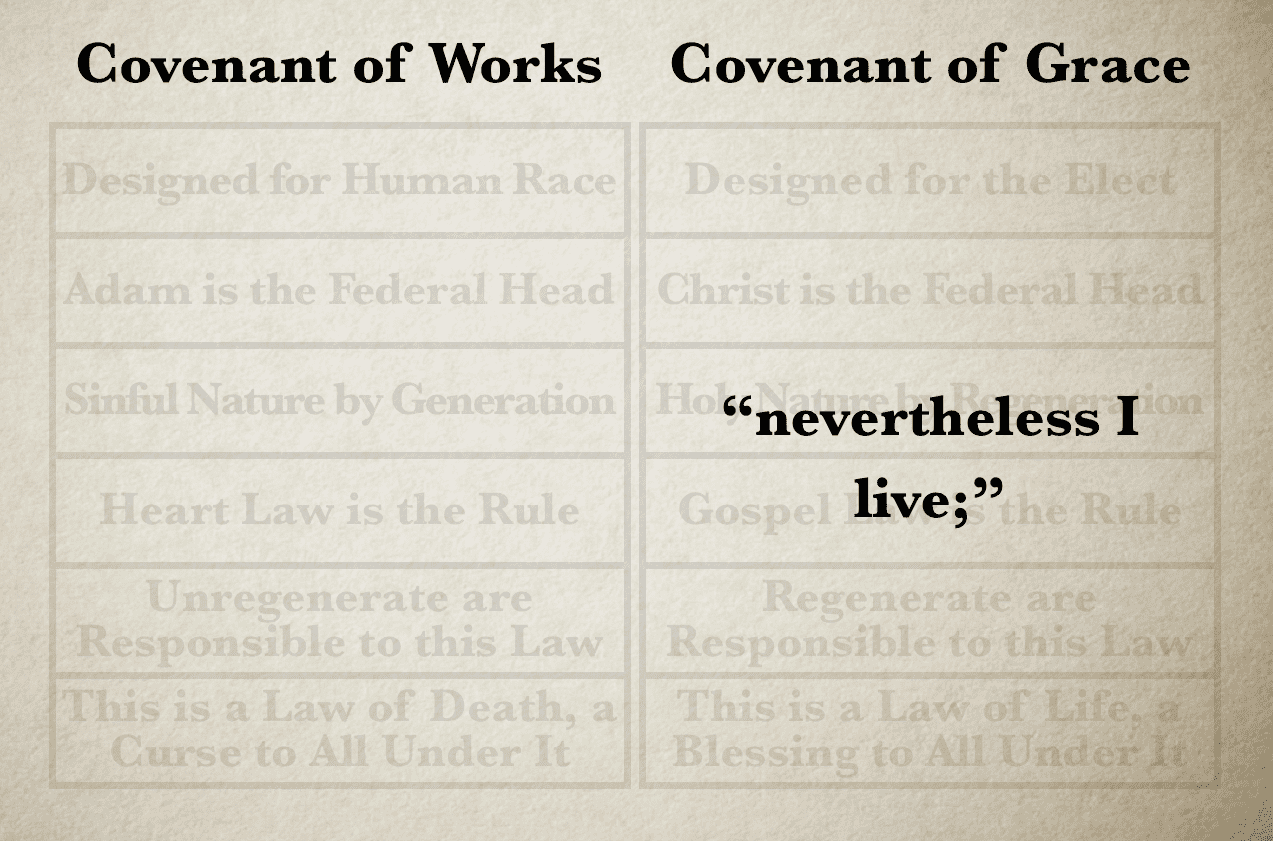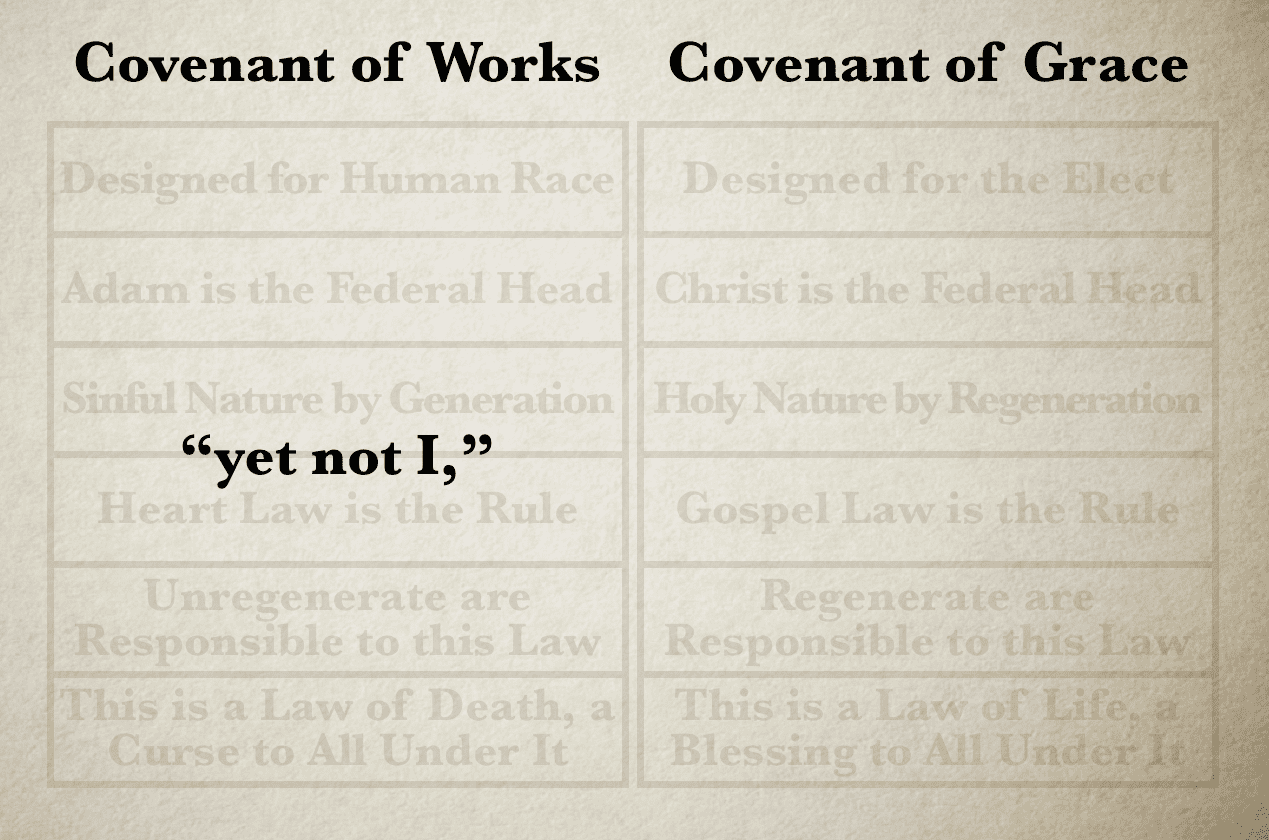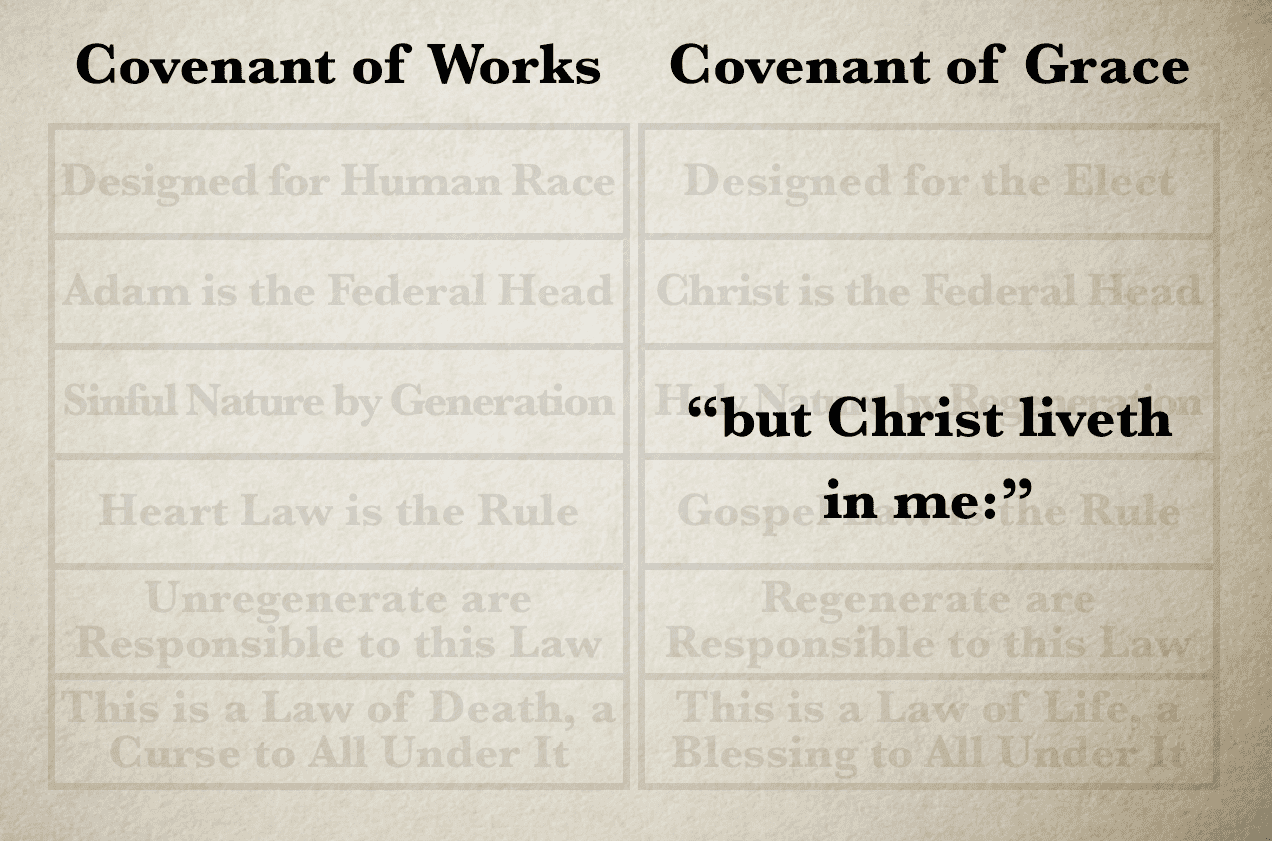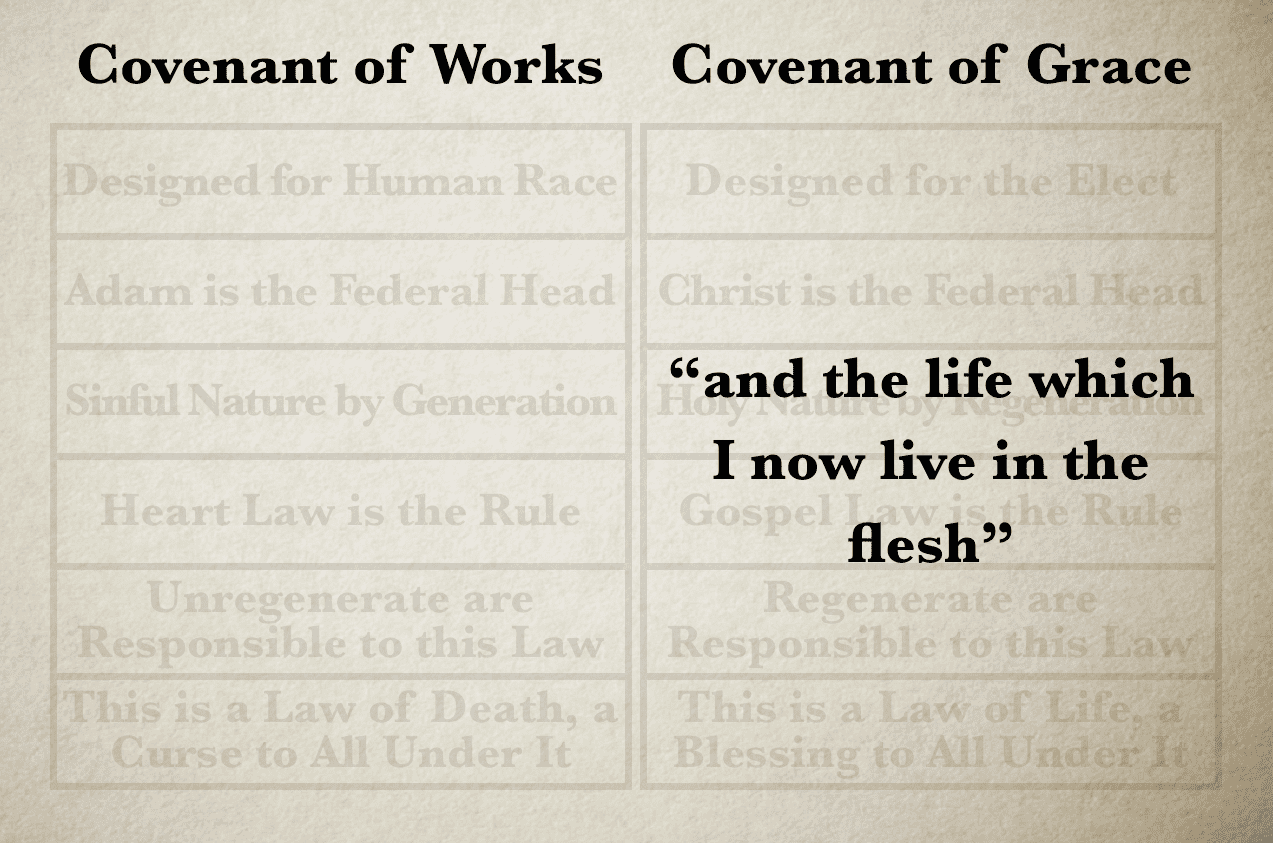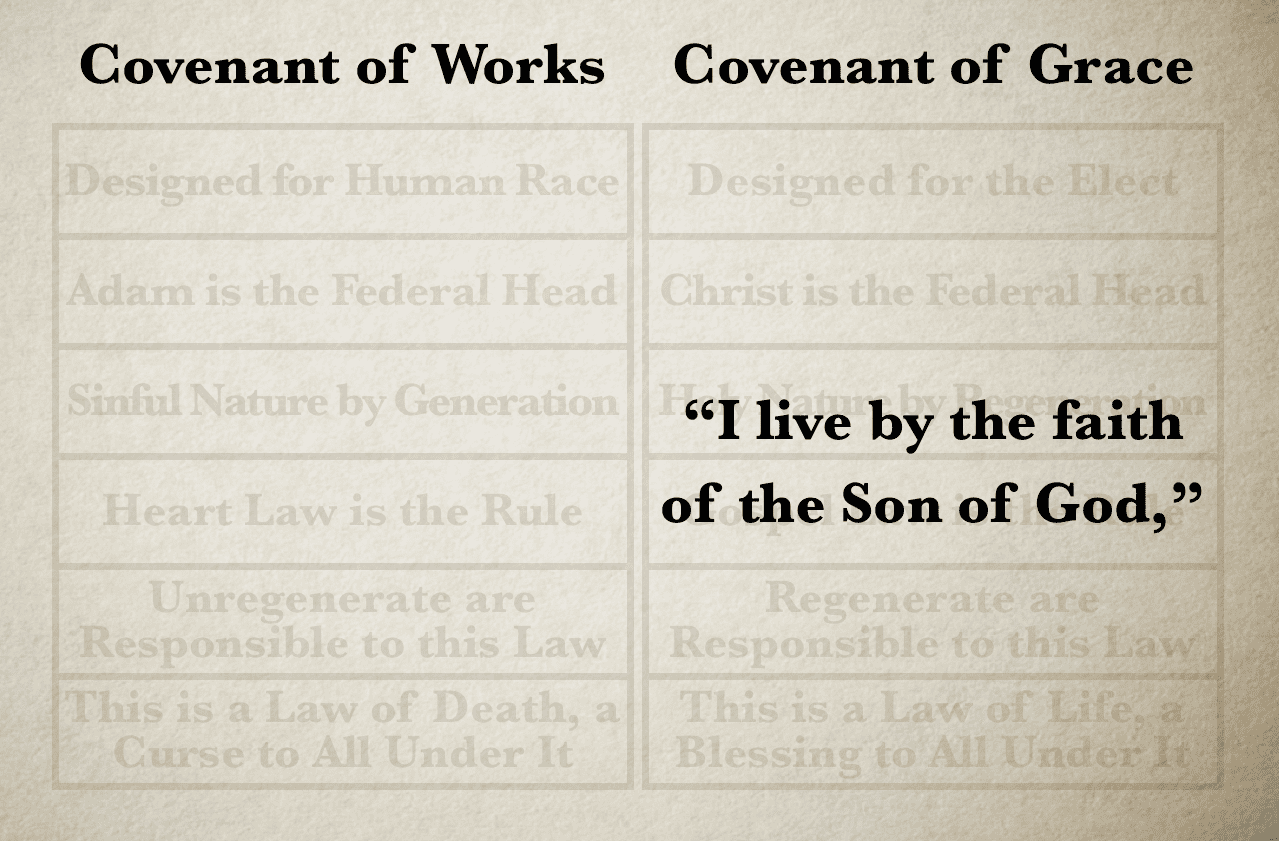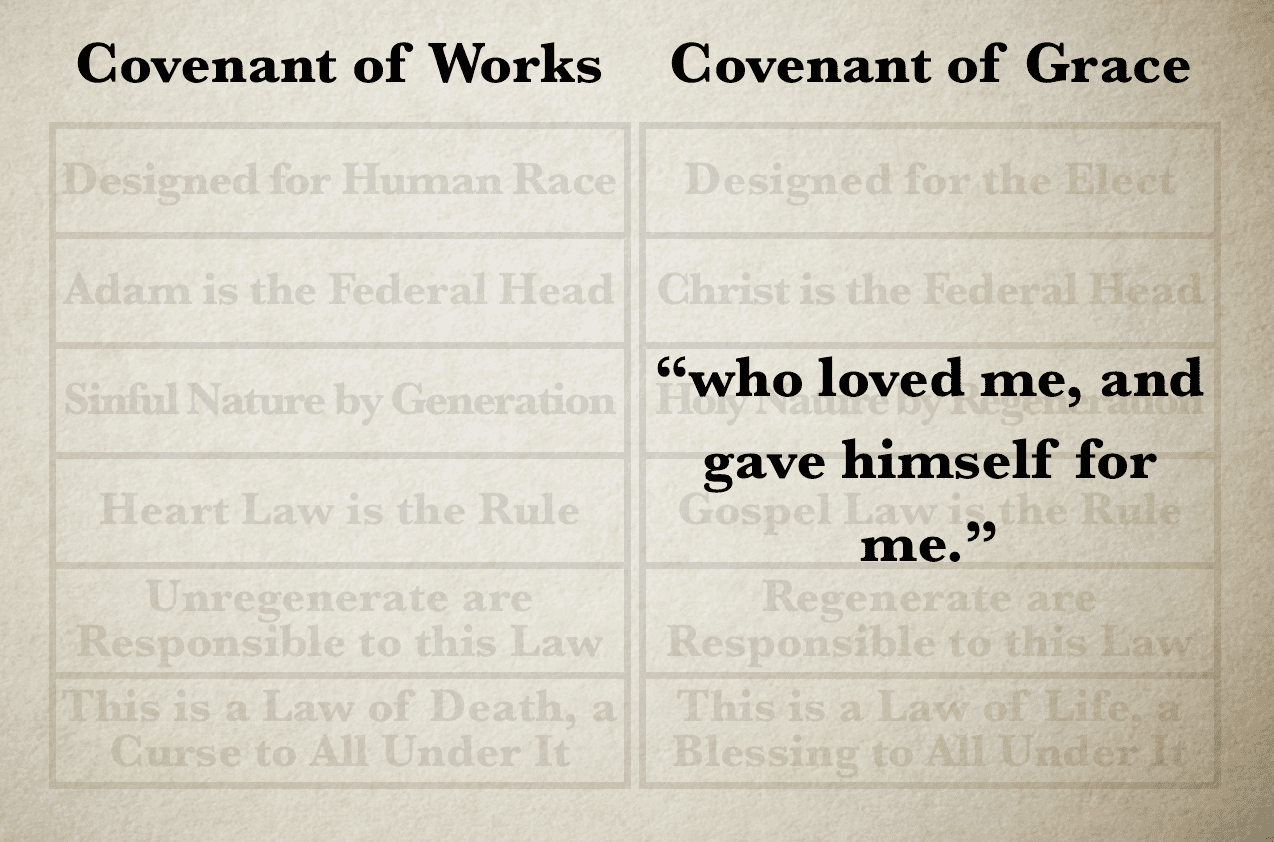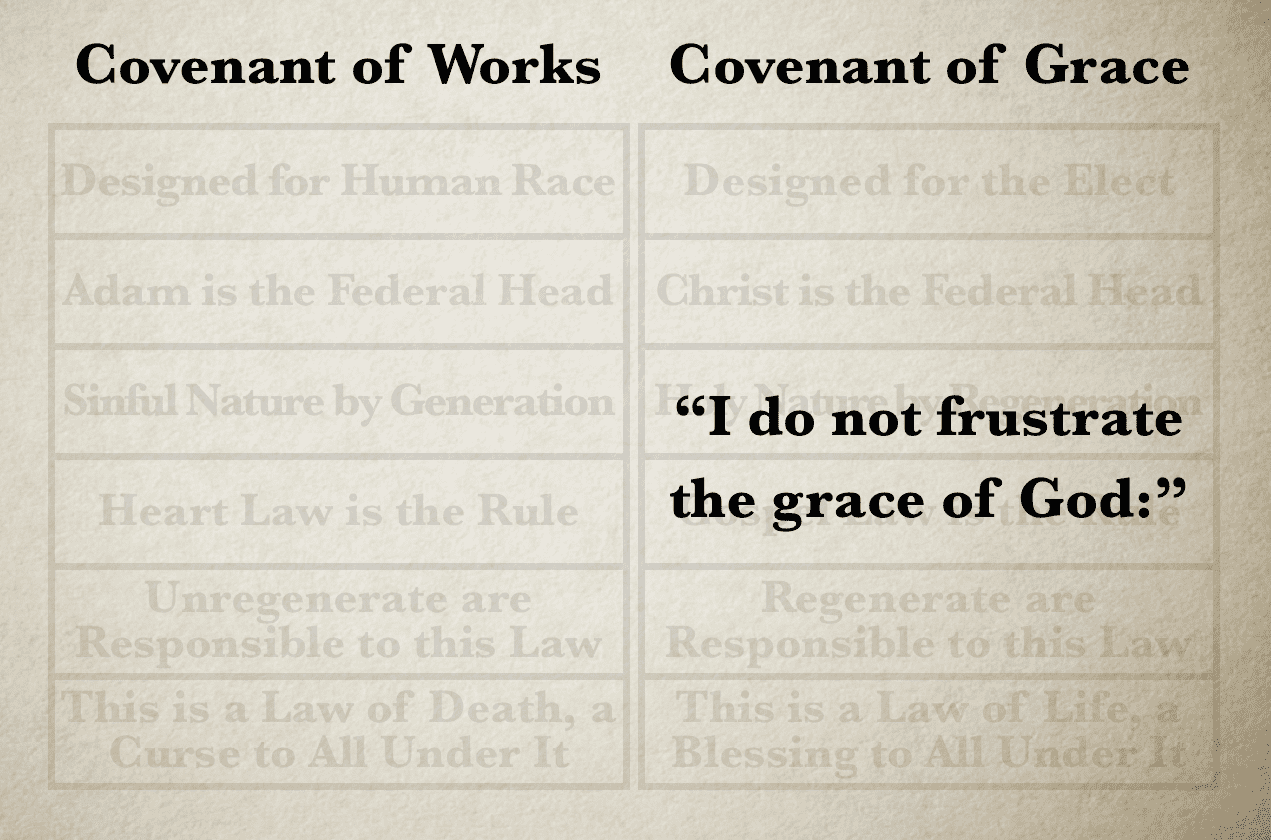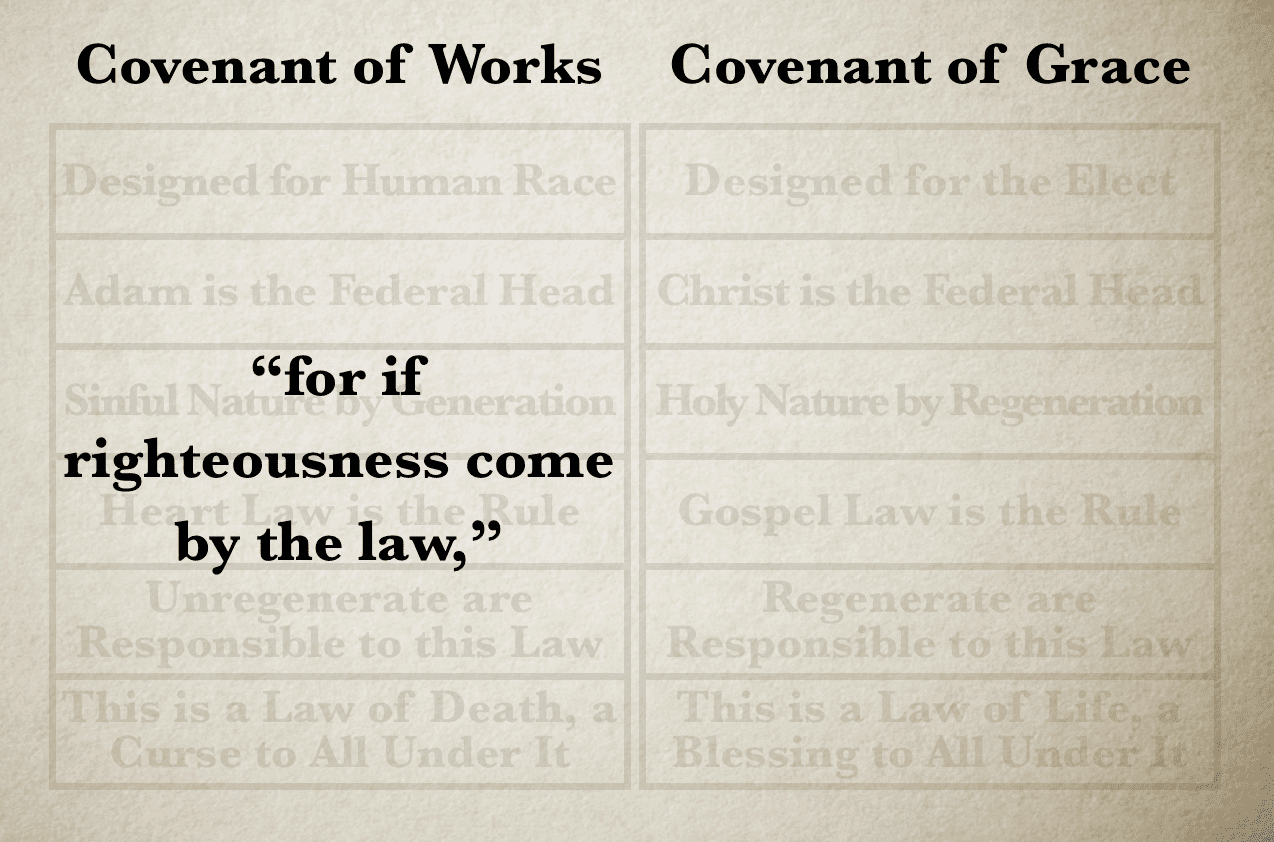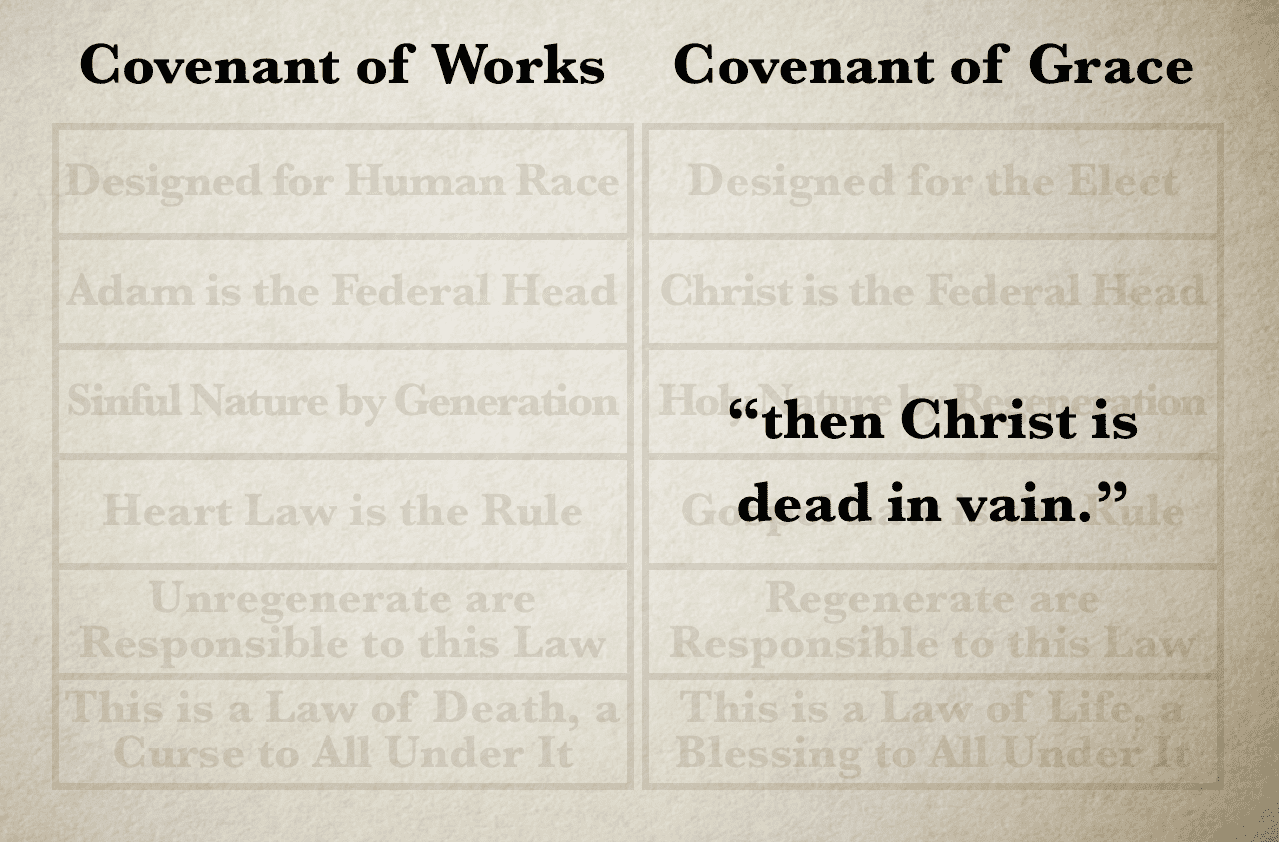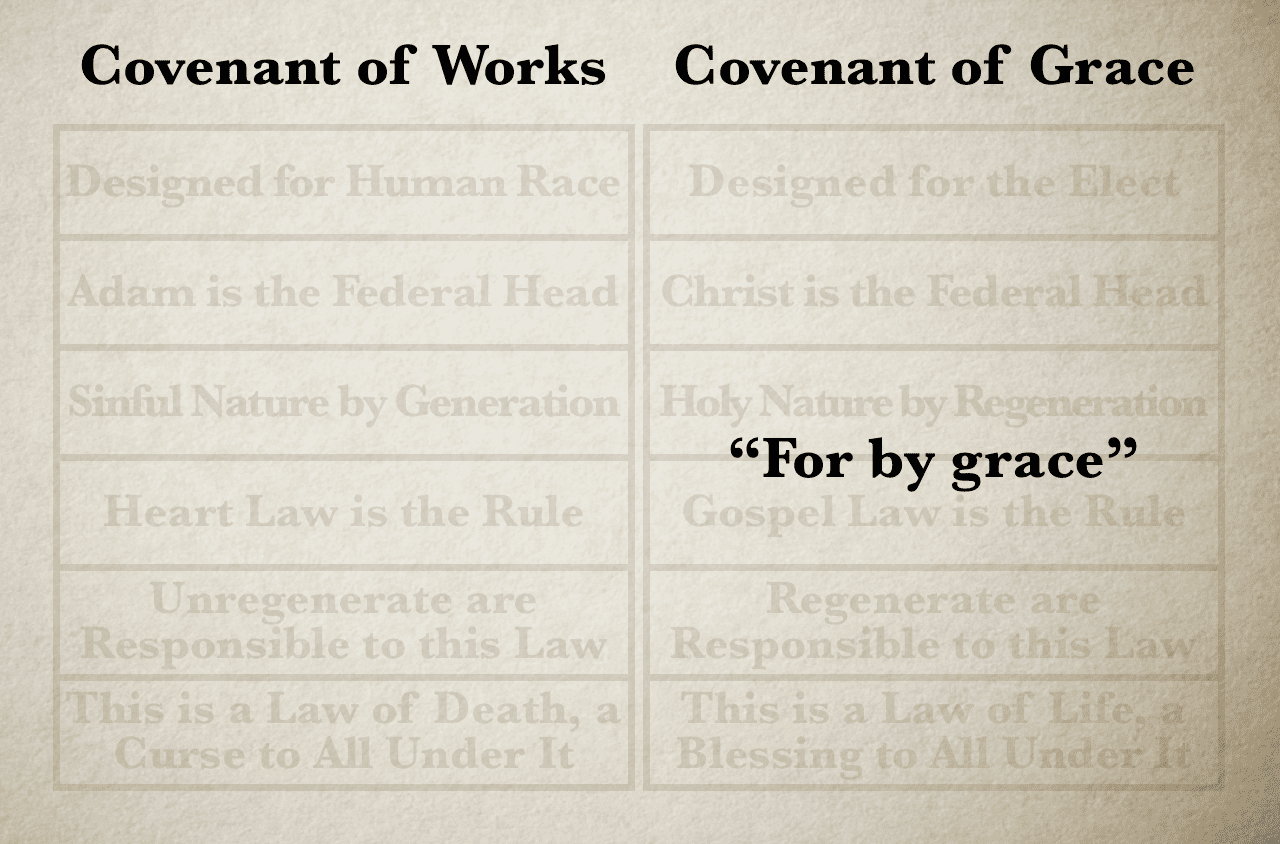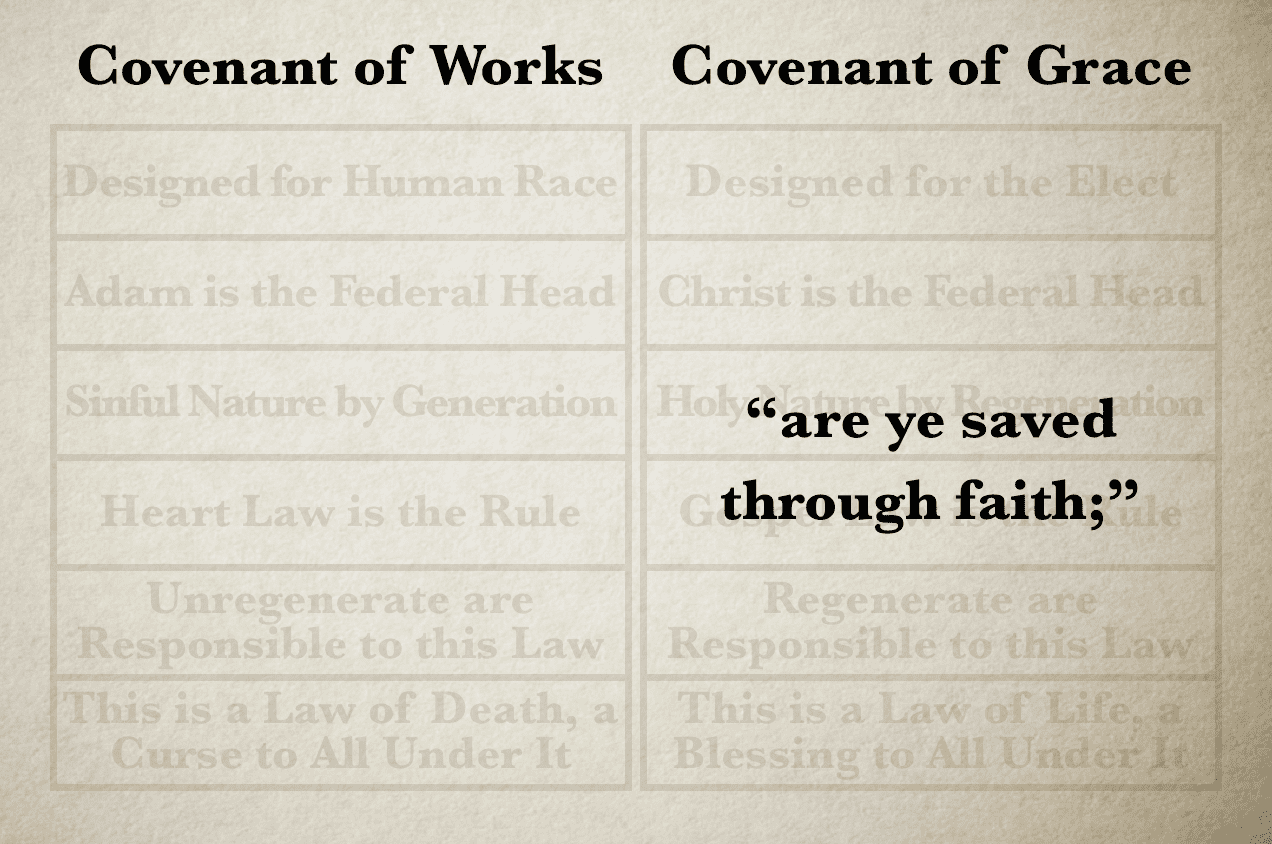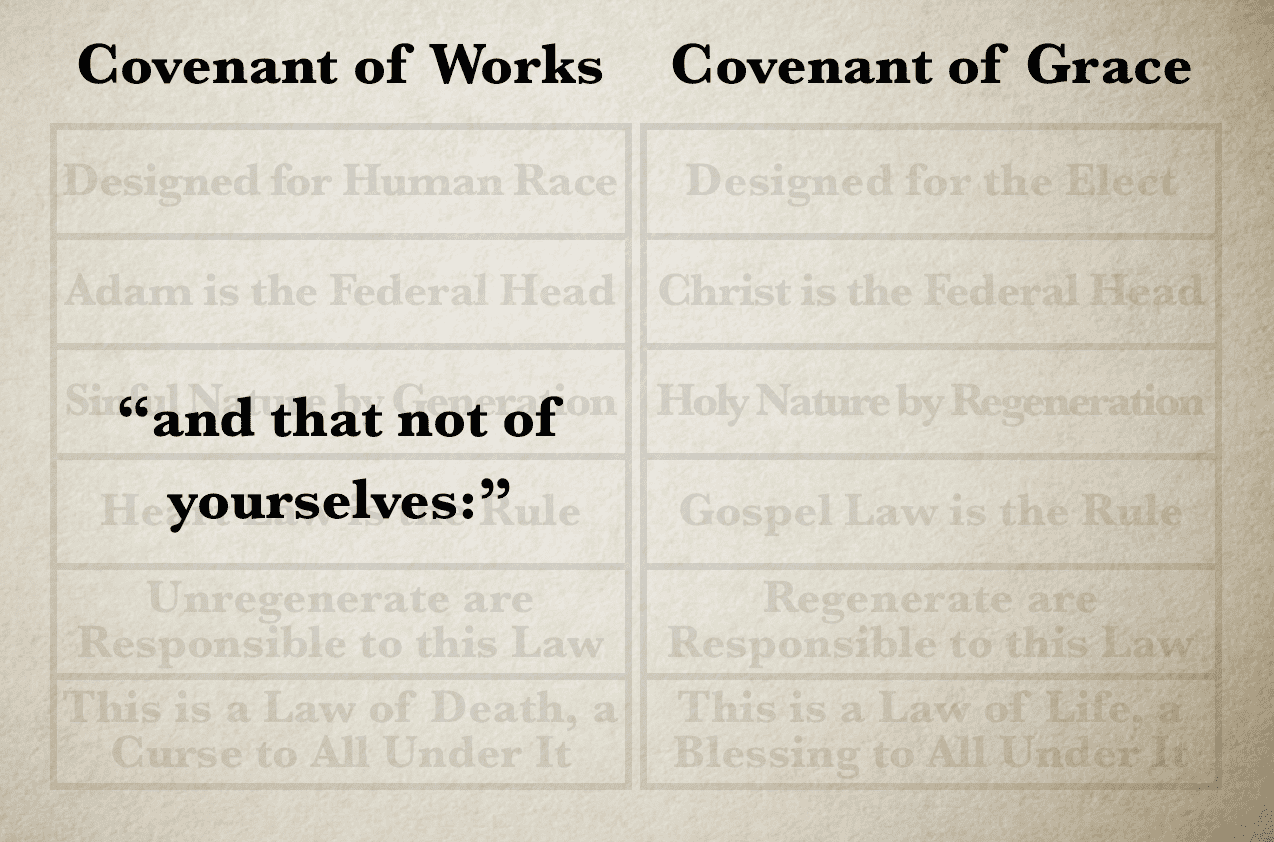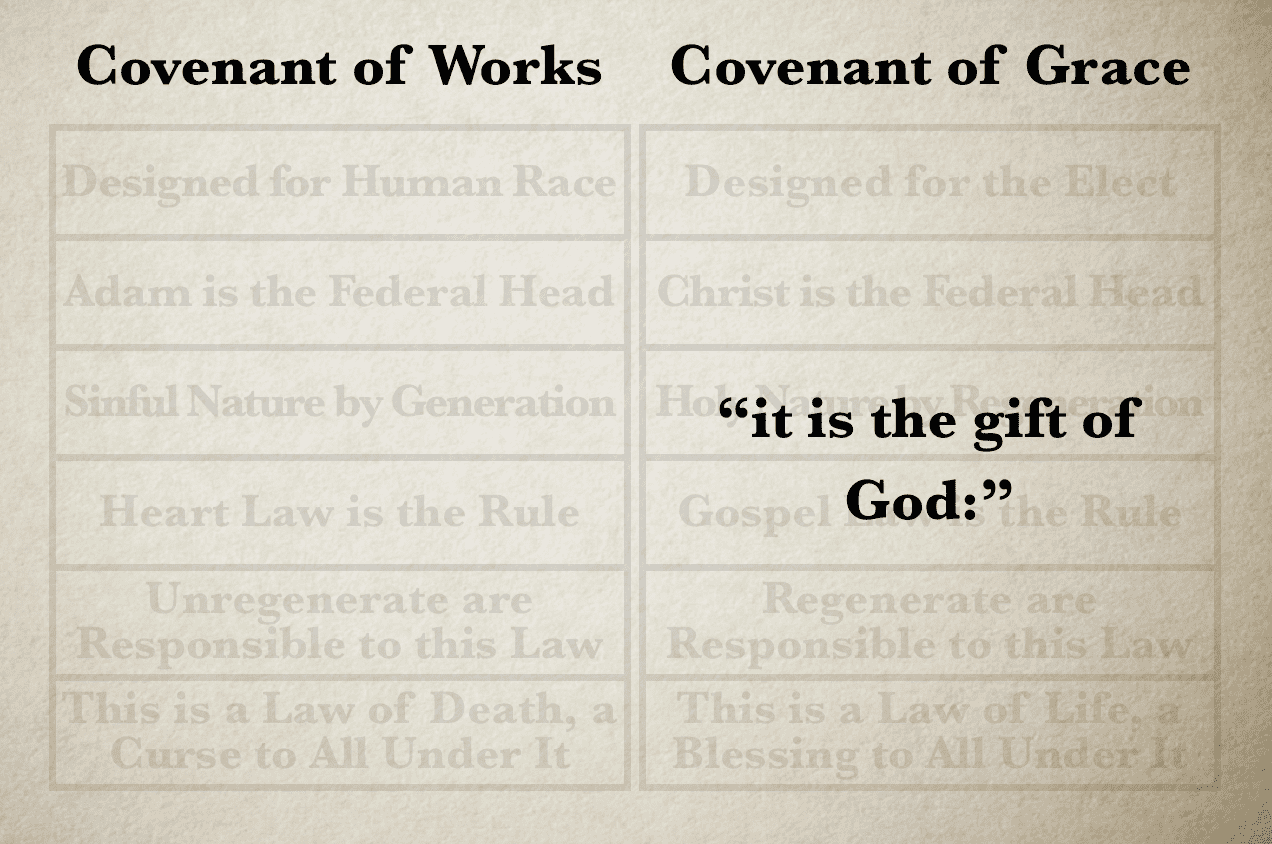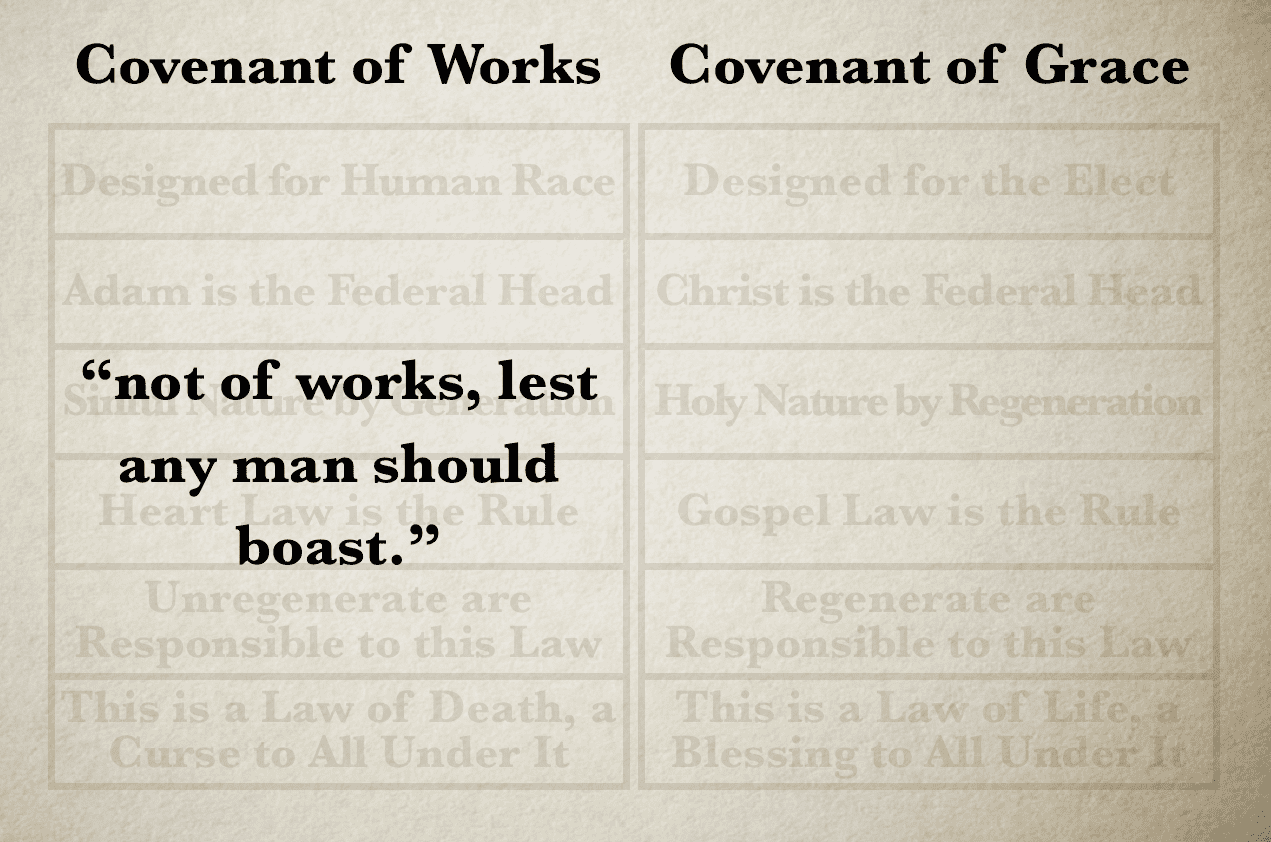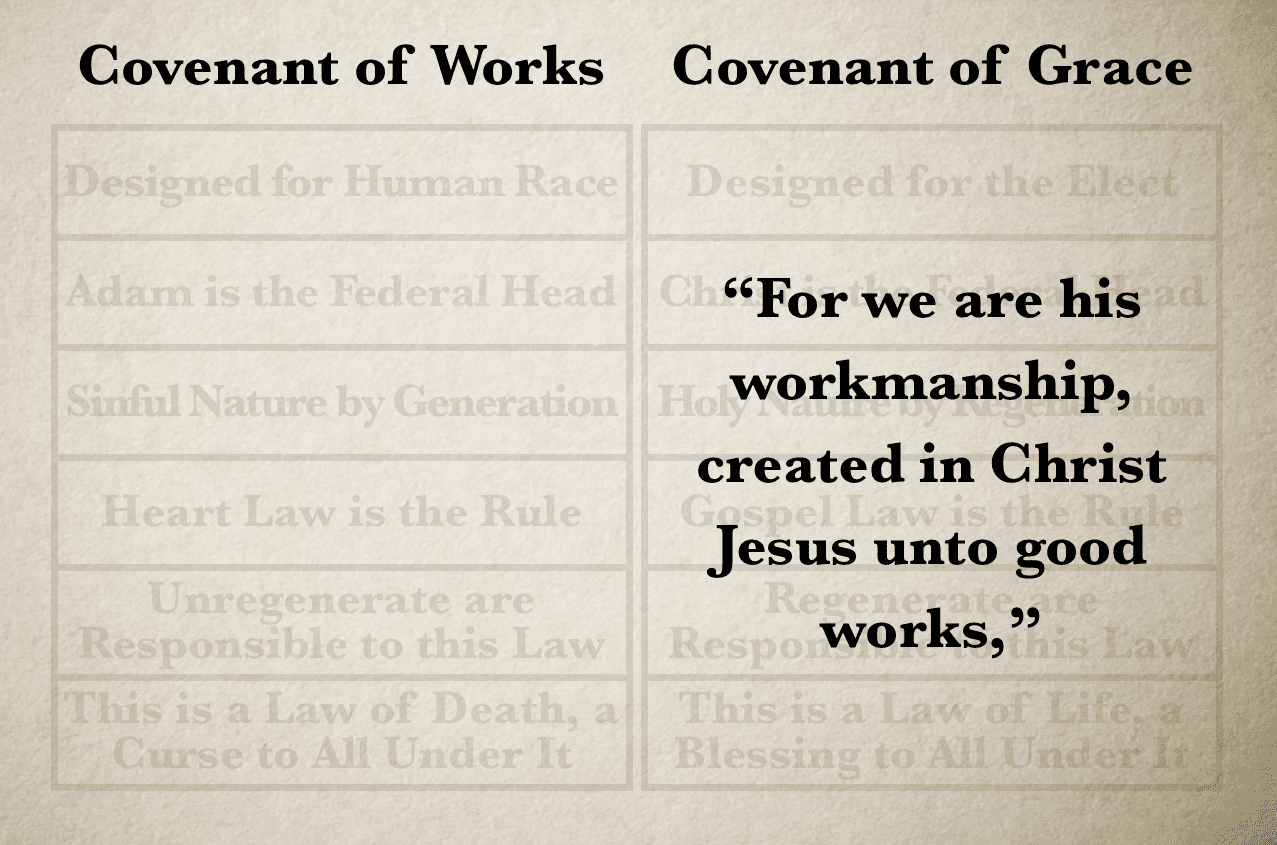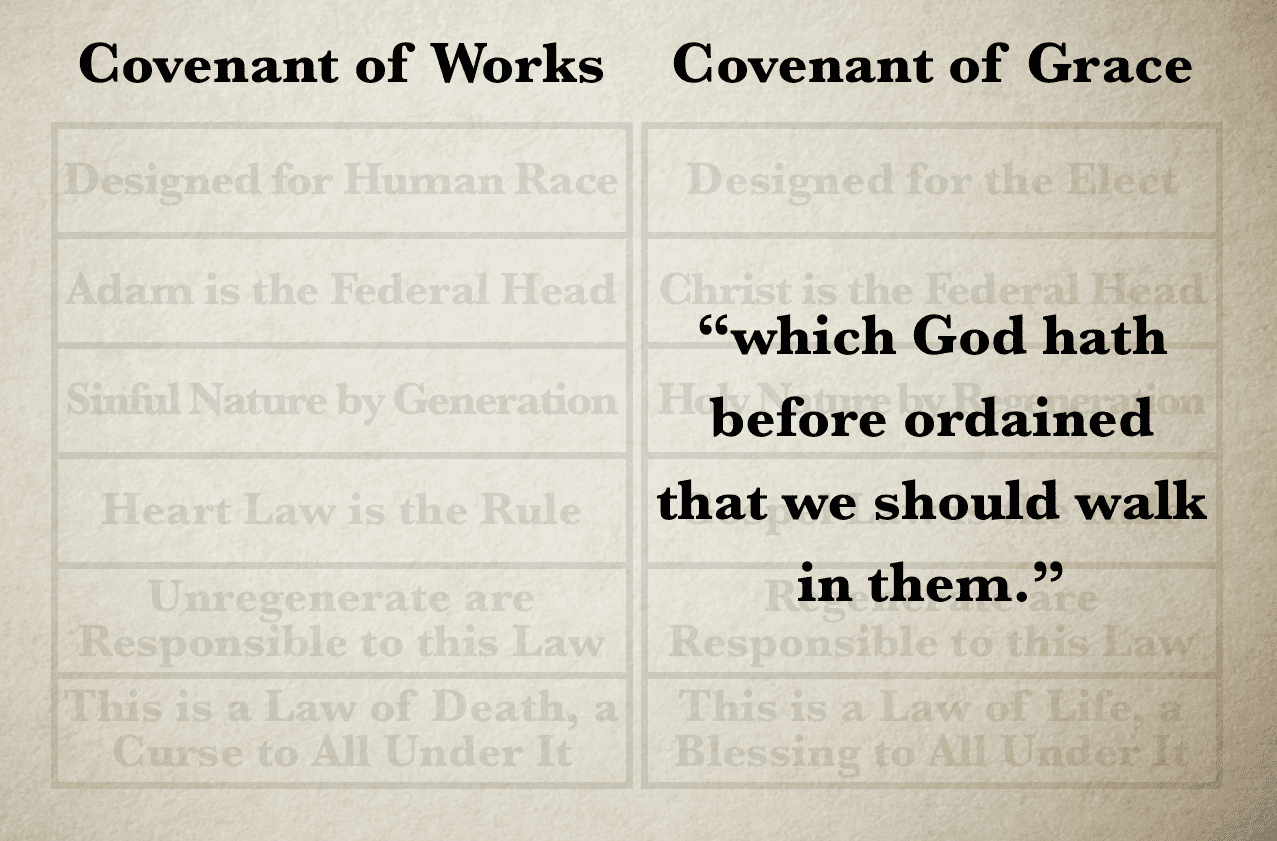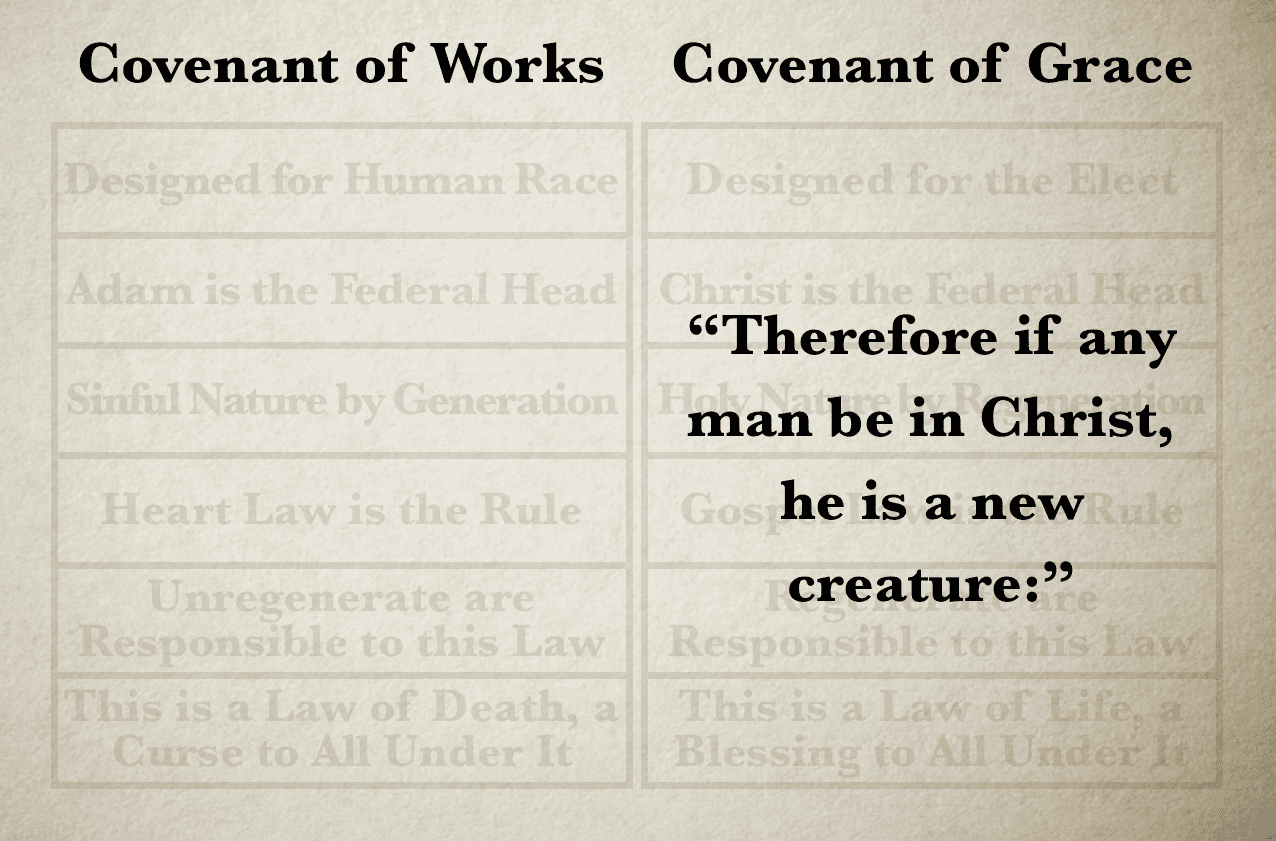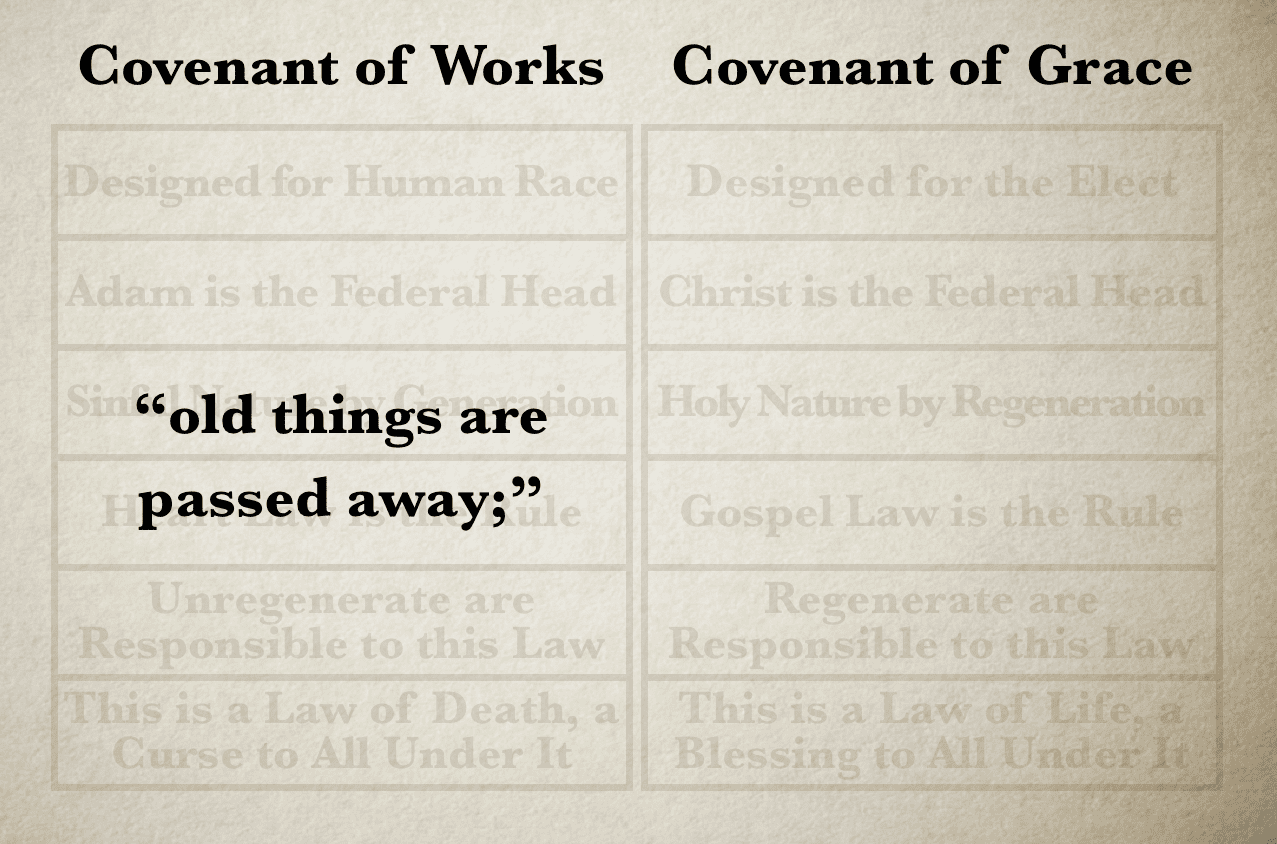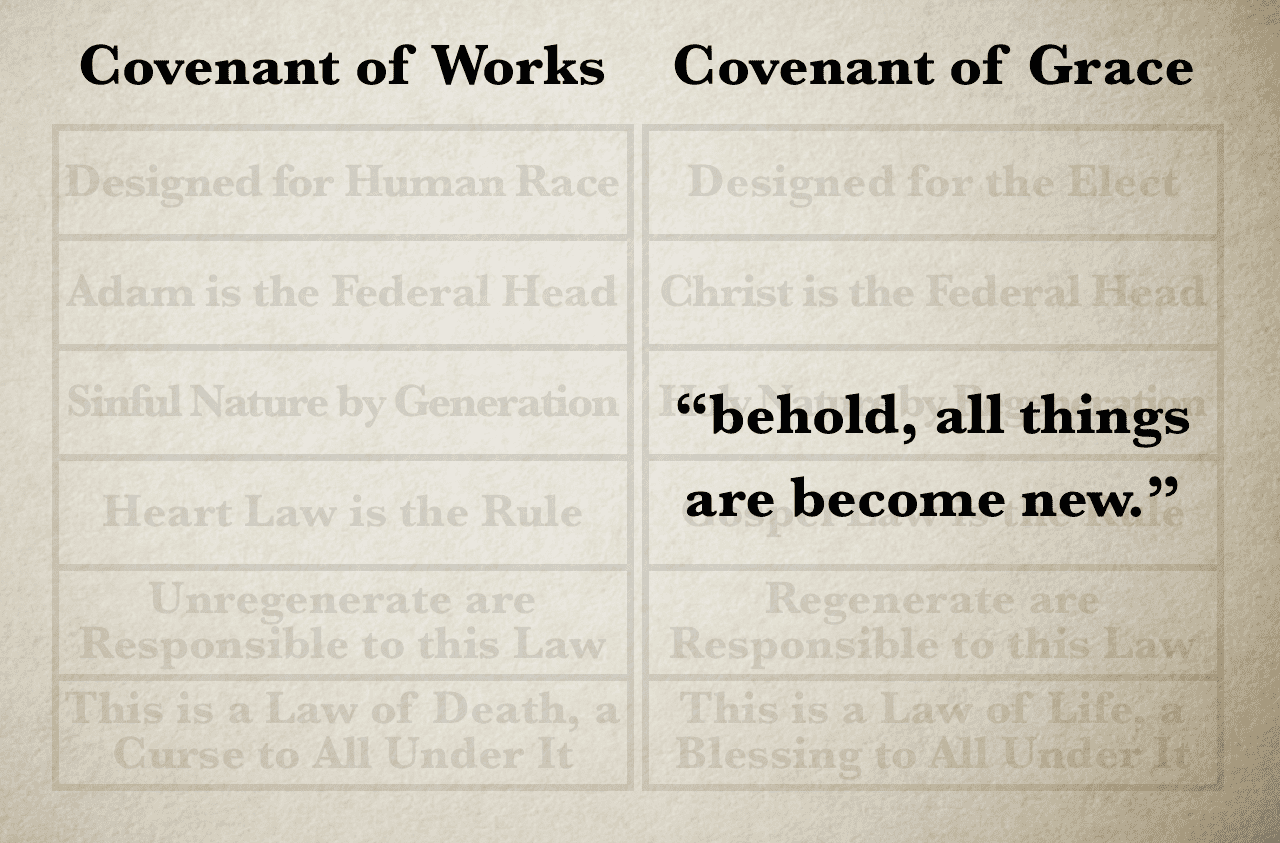
3 The Principle Explained by the Apostle Paul
A minister of the gospel should accommodate himself to the customs and conventions of those to whom he is sent. Even as an ambassador must be diplomatic in his relations with a foreign country, so the ambassador for Christ must with tactfulness and sensitivity preach the Word of God to sinners. As described by the Apostle Paul in 1 Corinthians 9:19-23, this was how he conducted his preaching ministry:
1 Corinthians 9:19,22,23: “For though I be free from all men, yet have I made myself servant unto all, that I might gain the more…To the weak became I as weak, that I might gain the weak: I am made all things to all men, that I might by all means save some. And this I do for the gospel’s sake, that I might be partaker thereof with you.”
As a citizen of the kingdom of God, and a stranger and pilgrim in this world, Paul had been released from the customs and traditions of men. That is, he lived according to a new and glorious culture belonging to the kingdom of God, and was no longer enslaved to the old cultures of this worldly kingdom. Nevertheless, having been sent as an ambassador for Christ to this worldly kingdom, he came as the perfect diplomat—he sought to avoid unnecessary offenses by showing respect towards its customs and conventions. And this he did for the gospel’s sake, “giving no offence in any thing, that the ministry be not blamed.” This is both a sensible and sensitive approach to reaching sinners with the gospel.
Now, that which draws us to this text is the Apostle’s reference to three different cultures, each of which grew out of specific Laws given to them by God:
1 Corinthians 9:20,21: “And unto the Jews I became as a Jew, that I might gain the Jews; to them that are under the law, as under the law, that I might gain them that are under the law; to them that are without law, as without law, (being not without law to God, but under the law of Christ,) that I might gain them that are without law.”
The first culture was that of the Jews—the rudiments of their customs grew out of the Mosaic Law. The second culture was that of the Gentiles—the rudiments of their customs grew out of the Heart Law. The third culture was that of the regenerate sinners—the rudiments of their customs grew out of the Law of Christ. While Paul was free from the Mosaic Law and the Heart Law, yet he wanted to make it clear that he was “not without law to God”, for as a regenerate sinner, he was “under the Law of Christ”.
There are some Christians who join Paul in subscribing to the Law of Christ as the believer’s rule of life. However, they are not always clear when attempting to articulate their convictions. It is common for them to make statements such as, “We are no longer under the LAW, but under GRACE.” Of course, this is a Scriptural expression, and therefore who should criticize it?
Romans 6:14: “For sin shall not have dominion over you: for ye are not under the LAW, but under GRACE.”
Well, it would appear that even when Paul used that expression, it immediately provoked the question as to whether this meant the believer in Christ was given a license to sin, for he continued:
Romans 6:15: “What then? shall we sin, because we are not under the LAW, but under GRACE? God forbid.”
Much of the confusion in controversies is usually not over the actual issues that divide, but rather, over the language which is misunderstood or misconstrued by the other side. In such cases, the actual issues that divide are sidelined, and the two sides get caught in a battle over a new set of issues that have grown out of the misconstrued language. This was one of the leading causes which brought about so much strife between William Gadsby and other well-meaning Christians of his day. In dealing with the subject of the gospel as the believer’s rule of life, Gadsby wrote:
“You know well, beloved, that we are held up to public view as enemies to good works, and as maintaining a licentious liberty; and it is scarcely possible to find a young stripling in the neighborhood, who has had the honour of being at some parson-manufactory a few months, but who can find a word, in season or out of season, against what he and his tutor call Antinomianism.”
Antinomianism is the label given by the opponents to those who believe the gospel, and not the Ten Commandments (or Heart Law), is the believer’s rule of life. The prefix “anti” (against) and “nomos” (law) means “against the law”. However, since Gadsby viewed the gospel as the new law for the believer, even as the Apostle Paul called it the “law of Christ”, it is clear the opponents really did not understand the issues. Gadsby continued:
“I have often thought that, before men begin to degrade a sentiment, they ought to be well informed in that sentiment, and perfectly understand it; and if they are not certain of this, they ought to rest quiet till they are, lest they should degrade themselves, rather than the doctrine they oppose. But I feel persuaded, from the works I have read, and the sermons I have heard, on the subject at hand, that the greatest part of the opposers of this doctrine, either do not understand it, or else prostitute their judgment (not to say, do violence to their conscience,) in order to gain their point or popular applause, by holding up their opponent to contempt.”
Antinomianism plays no part in this controversy. Since the gospel is the law for the believer’s life, it is misleading to accuse Paul, Gadsby or us of nurturing Antinomian views. “He that hath ears to hear, let him hear.” I have selected three passages from Paul’s epistles where he clearly explains the PRINCIPLE of the Gospel Law.
Now, by “principle”, I mean the nature, the essence, the substance of the Gospel Law. What is the principle, or essence, or nature, of this Gospel Law? Its essence may be expressed in three words—“LIFE IN CHRIST”.
1. “The law of the spirit of life in Christ Jesus hath made me free from the law of sin and death.”—Romans 8:1-4.
The first part of this chapter has often suffered misinterpretation based on the capitalization of one word—“spirit”. It is a matter of interpretation as to whether a word should be capitalized in the New Testament. This is because the Greek text does not distinguished between lowercase and uppercase letters. Now, if you come to this chapter with the preconceived notion that the term “spirit” must be capitalized, then it is a reference to the Holy Spirit. However, if the term is left lowercased, then it is a reference to the new nature a believer has in Christ. I believe a simple rereading of the chapter will convince any conscientious Christian that indeed, the term should be left lowercased, for Paul is explaining the contrast between the new and old natures of a child of God.
In fact, it isn’t until the sixteenth verse that the term should be capitalized—“The Spirit itself beareth witness with our spirit, that we are the children of God.” This is a good example on how the same word may reference two different things. The first time the term occurs is a reference to the Holy Spirit (hence, it is uppercased), but the second time it is a reference to the believer’s new nature in Christ (hence, it is lowercased). Jesus used the term in precisely the same way when He spoke to Nicodemus—John 3:5,6: “Jesus answered, Verily, verily, I say unto thee, Except a man be born of water and of the Spirit (Holy Spirit), he cannot enter into the kingdom of God. That which is born of the flesh is flesh; and that which is born of the Spirit (Holy Spirit) is spirit (new nature in Christ).”
With this background in mind, let us read the first four verses of Romans chapter 8, leaving the term “spirit” lowercased (a reference to the new nature in Christ):
Romans 8:1-4: “There is therefore now no condemnation to them which are in Christ Jesus, who walk not after the flesh, but after the spirit. For the law of the spirit of life in Christ Jesus hath made me free from the law of sin and death. For what the law could not do, in that it was weak through the flesh, God sending his own Son in the likeness of sinful flesh, and for sin, condemned sin in the flesh: that the righteousness of the law might be fulfilled in us, who walk not after the flesh, but after the spirit.”
It is helpful to explain this text against the backdrop of the two Covenants:
“There is therefore now no condemnation to them which are in Christ Jesus.”
All sinners are by nature the children of wrath. They have been brought into this world under the terms and promises of the Covenant of Works, and as violators of the Heart Law and rebels of their Maker, they are at enmity with God. However, for some sinners, there reaches a point when they are experientially delivered from the wrath and condemnation of God. That experience occurs when the Holy Spirit imparts a new nature in Christ to their souls. Forthwith, the regenerate sinners are made conscious that, having been brought under the terms and promises and jurisdiction of the Gracious Covenant, they are justified by Christ Jesus.
“Who walk not after the flesh.”
Since regenerate sinners are delivered from the jurisdiction of the Covenant of Works, they no longer walk after the flesh (old nature).
“But after the spirit.”
Having been liberated and ushered into the jurisdiction of the Gracious Covenant, regenerate sinners now walk after the spirit (new nature).
“For the law of the spirit of life in Christ Jesus.”
“The law of the spirit of life in Christ Jesus” is the essence of the Gospel Law: (1) It is a LAW—“The law”; (2) It is a law of the NEW NATURE—“of the spirit”; (3) It is a law of the new nature of LIFE—“of life”; (4) It is a law of the new nature of life in CHRIST JESUS—“in Christ Jesus”. Of course, the common conception of the new nature, is that by it God restores the soul to spiritually obey the Heart Law. However, the new nature is not a restoration of the soul to a former state, for that former state would be the original state of Adam before the fall, and in that state Adam never related to the Heart Law with Christ as the vine and he as a branch. Hence, the regenerate sinner is brought into an entirely new state before God, and this requires an entirely new law to govern that state. This is precisely what Paul argues with the next statement—“For the law of the spirit of life in Christ Jesus hath made me free…”
“Hath made me free.”
The whole nature of the Gospel Law is one of liberation (from death to life; from darkness to light; from bondage to freedom; from sin to righteousness; from condemnation to justification; from a Covenant of Works to the Covenant of Grace; etc, etc). With special reference to the Mosaic Law, which again, has its roots in the Heart Law, the Apostle Paul encouraged the brethren at Galatia to “Stand fast therefore in the liberty wherewith Christ hath made us free, and be not entangled again with the yoke of bondage.” (Gal 5:1) The Gospel Law liberates the sinner from the jurisdiction of the Covenant of Works. This was made clear by Paul in Romans 8 when he testified that the Gospel Law had made him free “from the law of sin and death”.
“From the law of sin and death.”
Now, if the essence of the Gospel Law is “the law of the spirit of life in Christ Jesus”, then the essence of the Heart Law is “the law of sin and death”. That is, although the Heart Law is inherently holy, just and good, yet it is to the transgressor a law of sin and death. What is needed by the sinner is not only perfect obedience to this law, but also deliverance from sin, condemnation and death. This need is fully supplied by the TriUne Jehovah under the terms and promises of the gracious covenant, for Paul continues:
“For what the law could not do, in that it was weak through the flesh.”
There is nothing in the Heart Law, or contained within the terms and promises of the Covenant of Works, that is capable of justifying the sinner and imparting new life to the soul. For, the Heart Law was only designed to be perfectly obeyed by man; it was never designed to make man perfect if he disobeyed. And, since all have sinned and come short of the glory of God, neither does the sinful nature (flesh) have power to justify the sinner and impart new life to the soul. Henceforth,
“God sending his own Son in the likeness of sinful flesh, and for sin, condemned sin in the flesh.”
What the sinner cannot do by perfectly keeping the Heart Law and earning for himself salvation, God the Father appointed His Son to do. Having set a remnant of the human race apart as special objects of His love, the Father gave these persons into the special care of His Son, appointing Him to serve as the Mediator and Redeemer of this peculiar people. The Son of God received these persons unto Himself, setting His eternal love upon them, and agreed to become their Redeemer. In order to procure redemption for His people, it was necessary that the Son of God assume a human nature. In the fulness of time, God sent forth His Son, made of a woman, made under the Heart Law, in order to redeem His people that had been brought into the world under that selfsame law. What His people could not do for themselves, the Son of God, in the person of the Lord Jesus Christ, freely and fully accomplished for them. As Jesus was brought into the world without an earthly father, so the sin nature was never transferred to Him. Forthwith, Jesus stood in a similar position as Adam, only instead of representing the whole human race, Christ represented only those given to Him by the Father. Not only did Jesus Christ earn for His people eternal life by His perfect obedience to the Heart Law, but He also delivered His people from sin, judgment and death by His atoning blood on the cross at Calvary. And, Christ accomplished in full all of this for His people, in order that He might fulfill in them the righteousness of the Heart Law.
“That the righteousness of the law might be fulfilled in us.”
That is, there is nothing left for the sinner to do in keeping the Heart Law—the Lord Jesus Christ has FULFILLED in His people the righteousness of that Law. Many Christians imagine the believer progressively sanctifies himself by keeping either the Heart Law, or its application to the nation of Israel (Ten Commandments). However, the believer boldly comes unto the throne of grace, never claiming his good works according to the Heart Law, but always “the righteousness of the Heart Law that Christ has fulfilled in him”. This alone is true sanctification, for “of him are ye in Christ Jesus, who of God is made unto us wisdom, and righteousness, and sanctification, and redemption.” (1 Cor 1:30)
However, it may be argued that “the righteousness of the Heart Law Christ has fulfilled in the believer” is a reference to Justification, rather than Sanctification; that when the believer has been justified, he is spiritually realigned with the Heart Law and the Ten Commandments and is forthwith responsible to keep these laws; that while Christ justifies the sinner by fulfilling the righteousness of the Heart Law in them, yet it is the believer that sanctifies himself by fulfilling the righteousness of the Heart Law for Christ.
I answer, First, nowhere in this text is such an idea suggested. Second, if Christ FULFILLED the righteousness of the Heart Law in His people, then there is nothing left for a believer to do in fulfilling that law for Christ—any attempt to do so would be a repudiation of the finished work of Christ. Third, the last two statements clearly outline the believer’s sanctification—“who walk not after the flesh (old nature), but after the spirit (new nature).”
“Who walk not after the flesh.”
A reference to the old nature, though still residing in the soul of the believer, yet no longer having dominion over the believer.
“But after the spirit.”
A reference to the new nature, which does have dominion over the believer, for the very essence of the Gospel Law is “the law of the spirit (new nature) of life in Christ Jesus”. The regenerate sinner is governed by a new nature, and is under a new law—the Law of Christ.
2. “For I through the law am dead to the law, that I might live unto God.”—Galatians 2:19-21
Galatians 2:19-21: “For I through the law am dead to the law, that I might live unto God. I am crucified with Christ: nevertheless I live; yet not I, but Christ liveth in me: and the life which I now live in the flesh I live by the faith of the Son of God, who loved me, and gave himself for me. I do not frustrate the grace of God: for if righteousness come by the law, then Christ is dead in vain.”
It is especially helpful to view this text against the backdrop of the two Covenants, for how else are we to understand what Paul is getting at when he writes, “For I through the LAW am dead to the LAW”?
“For I through the GOSPEL law.”
“For I through the GOSPEL law, am dead to the HEART law.”
In other words, Paul is saying this: “Because I have been brought under the jurisdiction of the Gospel Law, I no longer have any obligation to the Heart Law—I am dead to it!” And why is Paul dead to the Heart Law?
“That I might live unto God.”
So pull the statements together—“For I through the GOSPEL law am dead to the HEART law, that I might live unto God.” This is just another way of expressing the truth Paul wrote about in Romans 8:2: “For the law of the spirit of life in Christ Jesus hath made me free from the law of sin and death.” He then goes on, giving some insight into his personal experience with the Gospel Law:
“I am crucified with Christ.”
In other words, “My sinful nature, that old man which had dominion over me, has been put to death at Calvary; before I was born again, I was governed by that old nature; but now that I have been born again, that old nature has lost its dominance; it has received a crippling blow by the work of Christ; who I was before I was born again has been nailed to the cross!”
“Nevertheless, I live.”
At first sight, this appears to be a paradox—“I am crucified with Christ: nevertheless I live.” But when we view Paul’s explanation against the backdrop of the Covenants, it is clear this is no contradiction. For he continues:
“Yet not I.”
In other words, “My life is no longer defined by the old nature; I am no longer Saul the persecutor; I am no longer Saul the blasphemer; I am no longer dead in trespasses and sins.”
“But Christ liveth in me.”
In other words, Paul says, “Having been born again, a new nature was imparted to my soul, and this new nature is none other than the vital union of my soul with the Lord Jesus Christ. Even as a branch is engrafted to a vine, so my soul has been united to the Lord Jesus Christ. I am alive unto God through Jesus Christ my Lord.”
“And the life which I now live in the flesh.”
That is, “My new life in Christ that I now live in the body.”
“I live by the faith of the Son of God.”
That is, Paul lived by the Gospel Law. The Gospel Law is a law of faith (Rom 3:27), and it is a law of Christ (Gal 6:2). Henceforth, the Gospel Law is called “the faith of the Son of God”. How did Paul live by the Gospel Law?
“Who loved me, and gave himself for me.”
This is how Paul lived by the Gospel Law—he looked to the redeeming love of Christ. Yes, he looked to Christ for pardon, righteousness, peace, joy, comfort, wisdom, sanctification and every supply of grace needed for his soul. He didn’t look to the Heart Law for these things, neither did he look to the Ten Commandments. No, rather, he looked to a Person—the Lord Jesus Christ, Who loved him, and gave Himself for him.
“I do not frustrate the grace of God.”
The word “frustrate” means to obstruct, hinder or exasperate; the expression “grace of God” is a reference to the Covenant of Grace (Gospel Law included). So, Paul is saying, “I will not obstruct, hinder or exasperate the Gracious Covenant, by running back over to the Covenant of Works; I will not stop, block or hamper the Gospel Law, by bringing myself back under the Heart Law.” Why?
“For if righteousness come by the Heart Law.”
If the believer could in any way add to the righteousness of the Heart Law, which Christ has already FULFILLED in His people:
“Then Christ is dead in vain.”
If the believer can go back to the Covenant of Works, and find his sanctification in the Heart Law, then Christ has died in vain. Of what value is the person and work of Christ, if He isn’t the complete Saviour, both for my justification, as well as my sanctification?
3. “For we are his workmanship, created in Christ Jesus unto good works.”—Ephesians 2:8-10
Ephesians 2:8-10: “For by grace are ye saved through faith; and that not of yourselves: it is the gift of God: not of works, lest any man should boast. For we are his workmanship, created in Christ Jesus unto good works, which God hath before ordained that we should walk in them.”
As we have examined the previous texts against the backdrop of the two Covenants, we might as well do the same with this text.
“For by grace.”
Not only the grace of God as a divine attribute, but the grace of God as an eternal covenant—the Covenant of Grace. It is by the gracious covenant that sinners are saved. How can one fail to see the framework of the gracious covenant in this text, after reading the first chapter of this Ephesian epistle?
“Are saved through faith.”
Faith is not a condition for salvation, but rather, the fruit of it. The root of the believer’s life is Christ, and one of the fruits is faith. Just as the root (life) precedes the fruit, so Christ and new life in Him precedes faith (Jn 15:1-5). Faith is expressly identified as a fruit of the new nature (Gal 5:22), and that new nature only exists after the Spirit of God imparts it to the soul in regeneration (Jn 3:8). Faith is therefore not a legal duty required of the unregenerate, but rather, a gracious benefit enjoyed by the regenerate. As the gift of God in Christ is earmarked only for those given by the Father to Him, so at no time are the non-elect required or expected to believe on Christ to the saving of their souls. Hence, saving faith belongs only to the Covenant of Grace, and not the Covenant of Works.
“And that not of yourselves.”
No one is able to deliver himself from the curse of the Heart Law.
“It is the gift of God.”
Whereas sinners cannot earn their salvation, for the only wage they receive for their sins is death, yet God has earmarked for His people the gift of salvation through Christ.
“Not of works, lest any man should boast.”
Salvation is never by the works of man, but is only through the person and work of Christ—Galatians 2:16: “Knowing that a man is not justified by the works of the law, but by the faith of Jesus Christ, even we have believed in Jesus Christ, that we might be justified by the faith of Christ, and not by the works of the law: for by the works of the law shall no flesh be justified.”
“For we are his workmanship, created in Christ Jesus unto good works.”
Here it is—this is another of Paul’s explanations of the essence of the Gospel Law. In Romans 8:2, he wrote—“For the LAW of the spirit of life in Christ Jesus hath made me free from the LAW of sin and death.” In Galatians 2:19, he wrote—“For I through the GOSPEL law am dead to the HEART law, that I might live unto God.” And now in Ephesians 2:10, he writes—“For we are his workmanship, created in Christ Jesus unto good works.”
The new nature imparted to the soul is the intricate work of the Holy Spirit. He has fearfully, wonderfully and curiously wrought a new nature in the soul, which after God is created in righteousness and true holiness.” (Eph 4:24) The good works of the believer are therefore inseparable from his union with Christ—for without Christ, the believer can do nothing. However, it may be asked, if the believer is no longer under the Heart Law, yet he is created in Christ Jesus unto good works, does this mean the commandments of the Heart Law are nullified—i.e., loving God supremely and loving one’s neighbor as himself are invalidated? No, for although the believer’s good works are not in opposition to the Heart Law (for this is a holy, just and good law), yet they are of a higher order than the Heart Law (for at the heart of the Gospel Law is Christ). Here is a simple comparison between the two Laws:
The commandments of the Heart Law are holy, just and good:
Mark 12:29-31: “And Jesus answered him, The first of all the commandments is, Hear, O Israel; The Lord our God is one Lord: and thou shalt love the Lord thy God with all thy heart, and with all thy soul, and with all thy mind, and with all thy strength: this is the first commandment. And the second is like, namely this, Thou shalt love thy neighbour as thyself. There is none other commandment greater than these.”
The commandments of the Gospel Law agree with those of the Heart Law, but with Christ (and the believer’s union with Him) at its core:
1 John 4:7-11; 17-19: “Beloved, let us love one another: for love is of God; and every one that loveth is born of God, and knoweth God. He that loveth not knoweth not God; for God is love. In this was manifested the love of God toward us, because that God sent his only begotten Son into the world, that we might live through him. Herein is love, not that we loved God, but that he loved us, and sent his Son to be the propitiation for our sins. Beloved, if God so loved us, we ought also to love one another…Herein is our love made perfect, that we may have boldness in the day of judgment: because as he is, so are we in this world. There is no fear in love; but perfect love casteth out fear: because fear hath torment. He that feareth is not made perfect in love. We love him, because he first loved us.”
The difference between the Heart Law and the Gospel Law may be comparable (in a limited application) to the difference between an empty and filled glove—without a hand filling the the glove, it has no life or movement. So it is with the two Laws—only the Gospel Law is filled with Christ which gives it life and movement.
“Which God hath before ordained that we should walk in them.”
The eternal purpose of the TriUne Jehovah is for His chosen and peculiar people to show forth the praises of Him Who has called them out of darkness into His marvelous light.
Conclusion:
Tying together all that Paul has explained in Romans 8, Galatians 2 and Ephesians 2, I close with one final statement made by Paul in 2 Corinthians 5:17:
“Therefore if any man be in Christ, he is a new creature: old things are passed away; behold, all things are become new.”
I leave you with these words against the backdrop of the two Covenants.
Jared Smith served twenty years as pastor of a Strict and Particular Baptist church in Kensington (London, England). He now serves as an Evangelist in the Philippines, preaching the gospel, organizing churches and training gospel preachers.
Jared Smith on Eldership
Jared Smith on the Biblical Covenants
Jared Smith on the Gospel Law
Jared Smith on the Gospel Message
Jared Smith on Various Issues
Jared Smith, Covenant Baptist Church, Philippines
Jared Smith on Bible Doctrine
Jared Smith on Bible Reading
Jared Smith's Studies in Romans
Jared Smith's Hymn Studies
Jared Smith's Maternal Ancestry (Complete)
Jared Smith's Sermons



